In today's hyper-connected world, staying in touch with loved ones, managing work remotely, and accessing vital information hinges on a strong and reliable cell phone signal.

Yet, for many, weak signal strength at home can disrupt this seamless connectivity, leading to missed calls, slow internet speeds, and immense frustration.
This is where a cell phone booster comes to the rescue. But with an overwhelming array of options on the market, how do you select the perfect booster tailored to your needs?
Find the Right Booster for Home & Office
Compare single-room, multi-room and whole-home boosters — features, coverage and best use cases at a glance.
This guide will walk you through the key factors to consider, ensuring you make an informed decision that enhances your home’s signal strength and keeps you connected effortlessly. From understanding your specific coverage needs to evaluating the technical specifications, we’ve got you covered.
Let's dive in and find the best cell phone booster for your home.

1. Who Needs a Cell Signal Booster for Their Home?
A cell signal booster can be a game-changer for anyone struggling with poor cellular reception.
Here are key scenarios and types of users who can significantly benefit from a cell signal booster:
a. Remote and Rural Residents
- Geographic Isolation: People living in remote or rural areas often face challenges with cell signal strength due to their distance from cell towers.
- Limited Infrastructure: Sparse infrastructure in these areas can lead to weak or inconsistent signals, making communication difficult.
- Essential for Connectivity: For residents in these areas, a cell signal booster can ensure consistent connectivity for emergency situations, work, and staying in touch with family and friends.
B. Urban Dwellers in High-Density Areas
- Signal Interference: In densely populated urban areas, buildings and other structures can interfere with cell signals.
- Blocked Signals: High-rise apartments and offices often suffer from poor signal penetration, leading to dropped calls and slow data speeds.
- Improved Indoor Coverage: A booster can enhance indoor signal strength, ensuring reliable communication within homes or apartments.
C. Home Offices and Remote Workers
- Dependence on Reliable Connectivity: Remote workers and home office setups require consistent and strong signals for video conferencing, online meetings, and uninterrupted workflow.
- Professional Necessity: A weak signal can disrupt professional responsibilities and reduce productivity, making a booster essential for maintaining a high standard of work.
D. Families with Multiple Users
- High Usage Demand: Households with multiple users often experience high demand on cellular networks, leading to congestion and weaker signals.
- Simultaneous Connections: A booster can manage multiple connections simultaneously, providing a reliable signal for all family members, whether they are streaming, gaming, or browsing.
E. People in Large Homes
- Coverage Gaps: Larger homes may have areas with poor signal strength due to distance from the nearest cell tower or the design and materials of the home.
- Consistent Signal Across the Home: A booster can ensure that every room in a large
house receives a strong, reliable signal, eliminating dead zones and improving overall connectivity.
F. Individuals with Metal Buildings or Thick Walls
- Signal Obstruction: Homes with metal roofs, thick concrete walls, or energy-efficient materials can block cell signals, leading to poor indoor reception.
- Overcoming Physical Barriers: A cell signal booster can penetrate these physical barriers, ensuring a strong signal throughout the home.
By understanding these scenarios and user needs, you can determine if a cell signal booster is the right solution for improving your home’s connectivity. Investing in the right booster can make a significant difference, ensuring you stay connected when it matters most.
2. Understand How a Cell Phone Booster Works
To choose the best cell phone booster for your home, it's crucial to understand how these devices operate:
External Antenna: This component captures weak cell signals from outside your home.
Amplifier: The captured signal is then sent to the amplifier, which boosts the signal strength significantly.
Internal Antenna: The amplified signal is transmitted to the internal antenna, which distributes the enhanced signal throughout your home.
Cable Connections: Coaxial cables connect the external antenna to the amplifier and the amplifier to the internal antenna, ensuring seamless signal flow.
By comprehending these components and their functions, you can better evaluate which booster suits your needs.
3. Determine the Coverage Area You Need
Assess Your Home's Size: Measure the total square footage of your home to understand the area that needs coverage. Cell phone boosters come in different capacities, designed for small apartments to large houses.
Identify Weak Spots: Note where the signal is weakest in your home. Is it just one room or multiple areas? This helps in choosing a booster that covers the necessary zones effectively.
Consider Multi-Story Homes: If you have a multi-story house, ensure the booster can cover multiple floors. Some models are designed specifically for vertical coverage.
Check for External Obstacles: Evaluate if external factors like thick walls or metal structures might affect the signal. Choose a booster with the strength to penetrate these obstacles.
By thoroughly evaluating these factors, you can select a cell phone booster that provides comprehensive coverage, ensuring strong and reliable connectivity throughout your home.
4. Consider the Strength of External Signal
When choosing a cell phone booster, one of the crucial factors is the strength of the external signal. Here's how to evaluate it:
Signal Measurement: Use your phone’s field test mode to measure the signal strength in decibels (dBm). A signal of -50 dBm is excellent, while -110 dBm is considered poor.
Location Matters: Identify the areas around your home where the signal is strongest. Usually, higher elevations, like rooftops or attic windows, provide better reception.
Outdoor Antenna Positioning: Ensure the booster’s external antenna is placed in the optimal location to capture the strongest possible signal, which is critical for effective boosting.
By accurately assessing and leveraging the strength of your external signal, you can significantly enhance the performance of your cell phone booster.
5. Installation Tips and Considerations
A.Optimal Antenna Placement: Position the external antenna as high as possible, ideally on your roof or in an attic, to capture the strongest available signal.
B. Correct Antenna Alignment: Aim the antenna towards your nearest cell tower for maximum signal reception. Use signal strength apps or websites to determine the best direction.
C. Cable Management: Use high-quality, low-loss cables to connect the external antenna to the booster and the internal antenna. Keep cable lengths to a minimum to reduce signal loss.
D. Internal Antenna Placement: Place the internal antenna centrally in your home,preferably in the area where you need the strongest signal.
E. Booster Location: Ensure the booster is installed in a well-ventilated area to prevent overheating and ensure optimal performance.
6. Check Compatibility with Your Carrier and Phone
Ensuring that your cell phone booster is compatible with both your carrier and your phone is crucial for optimal performance. Here’s what you need to consider:
- Carrier Frequencies: Different carriers operate on various frequencies. Verify that the booster supports the specific frequencies used by your carrier.
- Network Type: Ensure the booster works with the network type you use, such as 4G LTE, 5G, or older networks.
- Phone Model: Some boosters are designed to work better with specific phone models. Check the manufacturer’s compatibility list.
- Multi-Carrier Support: If multiple carriers are used in your household, opt for a booster that supports multiple networks simultaneously.
By checking these compatibility factors, you ensure that your booster will effectively enhance your cell phone signal at home.
7. 3G vs. 4G vs. 5G Booster: Which One Should I Get?
When choosing a cell phone booster, understanding the differences between 3G, 4G, and 5G technologies is crucial:
- 3G Boosters: Ideal for basic voice calls and text messaging. They offer decent coverage and are often more affordable, but they lack the speed needed for modern data-intensive tasks.
- 4G Boosters: These are the most popular, providing robust support for high-speed internet, streaming, and video calls. They strike a balance between cost and performance, making them a versatile choice for most users.
- 5G Boosters: The latest technology offering ultra-fast speeds and lower latency. They are essential for future-proofing your setup but are generally more expensive and may be overkill if 5G isn't fully available in your area yet.
Consider your current and future connectivity needs to make the best choice.
8. Budget Considerations
- Assess Your Budget: Determine how much you're willing to invest in a cell phone booster. Prices can vary significantly based on features, coverage area, and brand.
- Compare Options: Research different models within your budget range. Look for boosters that offer the best value for money while meeting your signal amplification needs.
- Long-Term Investment: Consider the long-term benefits of investing in a higher-quality booster. While it may require a larger upfront investment, it can save you money in the long run by providing reliable signal strength for years to come.
9. Customer Reviews and Warranty
- Research Customer Feedback: Read reviews from other users to gauge the reliability and performance of the booster you're considering. Pay attention to any recurring issues or praises mentioned by multiple users.
- Warranty Coverage: Check the warranty offered by the manufacturer. A longer warranty period indicates the manufacturer's confidence in their product's durability and performance.
- After-Sales Support: Investigate the manufacturer's reputation for customer service. A responsive and helpful support team can be invaluable if you encounter any issues with your booster down the line.
10. Technical Support and Customer Service
- Availability of Technical Assistance: Ensure that the manufacturer provides readily accessible technical support in case you encounter installation or operation difficulties.
- Customer Service Responsiveness: Choose a company known for its prompt and efficient customer service. A responsive support team can address your concerns quickly and minimize downtime.
- User-Friendly Manuals and Resources: Look for a booster that comes with comprehensive user manuals and online resources. Clear instructions and troubleshooting guides can simplify the installation and troubleshooting process.
11. FCC Certification
When choosing a cell phone booster for your home, ensuring that the device is FCC
certified is crucial. The Federal Communications Commission (FCC) certification guarantees that the booster meets specific safety and performance standards.
This certification also ensures that the booster will not interfere with other wireless communications. Using an FCC-certified booster protects you from legal issues and ensures you get a reliable and efficient product.
Always check for the FCC certification label on the booster and verify its authenticity through the FCC's online database to make an informed and secure purchase.

Choosing the Best Cell Phone Booster for Home
When it comes to enhancing your cell phone signal at home, selecting the right booster can make all the difference. The HiBoost series offers several options tailored to varying needs:
1. HiBoost Whole Room: Ideal for large homes, this booster covers multiple rooms, ensuring strong and consistent signal throughout your living space. It’s perfect for families with heavy data usage and numerous devices.

2. HiBoost Home MultiRoom: Designed for medium-sized areas, the Home Room model provides robust coverage for a single room or a small apartment. It’s a cost-effective solution for individuals or small families who need reliable connectivity in a specific area.


3. HiBoost Home Studio: Best suited for small spaces like studios or single-room offices, this model ensures you stay connected without interruptions. It’s compact and easy to install, making it a great choice for renters or those with minimal signal issues.
Evaluate your home size and connectivity needs to choose the best booster for your situation.

How do I choose the best signal booster for home and office?
Selecting the right signal booster for your home and office involves assessing your specific needs. Start by identifying the areas where the signal is weakest. Measure the current signal strength using your phone’s signal meter (usually found in the settings).
Look for boosters that cover the square footage of your space and support the frequencies used by your carrier. Consider features like easy installation, strong customer support, and a reputable brand with good reviews.
How do I choose a signal booster for my home?
When choosing a signal booster for your home, determine the size of the area that needs coverage. Small homes might only need a single-room booster, while larger homes may require a whole-house solution.
Ensure the booster is compatible with your carrier's frequency bands. Check for boosters with a good gain rating (measured in dB), which indicates the strength of the signal boost. Look for kits that include everything you need for installation, such as antennas and cables.
Which cell phone signal booster works the best for the home?
The best cell phone signal booster for home use depends on your specific needs and conditions. Popular options include the WeBoost Home MultiRoom and SureCall Fusion4Home, known for their strong performance and reliability.
These boosters offer good coverage, are compatible with multiple carriers, and provide a significant improvement in signal strength. Reading customer reviews and consulting expert recommendations can also help you choose the best option.
How do I know if I need a cell phone signal booster?
You might need a cell phone signal booster if you frequently experience dropped calls, slow data speeds, or poor call quality inside your home.
If your signal improves significantly when you step outside or move to a different part of your house, a signal booster could be beneficial. Signal boosters are particularly useful in areas with thick walls, basements, or locations far from cell towers.
Do cell phone boosters work for all providers?
Most modern cell phone signal boosters are designed to work with all major carriers. However, it's important to verify that the booster you choose is compatible with the specific frequencies and bands used by your carrier.
Multi-band boosters are a versatile option, as they support multiple carriers and can be used if you switch providers in the future. Always check the product specifications to ensure compatibility with your carrier.
Choosing the best cell phone booster for your home can greatly enhance your mobile connectivity, ensuring strong and reliable signal strength throughout your living space.
When selecting a booster, it’s crucial to consider factors such as the size of your home, the specific areas needing coverage, and compatibility with your carrier’s frequency bands.
High-quality boosters, like those offered by HiBoost, provide robust solutions that cater to various needs, from single-room enhancements to whole-house coverage.

HiBoost’s range of cell phone boosters is designed with advanced technology to deliver maximum performance and reliability. By opting for a HiBoost booster, you benefit from easy installation, user-friendly features, and exceptional customer support.
These boosters not only improve call quality and data speeds but also enhance overall mobile experience, making them a valuable investment for any household facing signal issues.
In summary, a careful evaluation of your specific requirements and thorough research into available options will help you make an informed decision. Trust in reputable brands like HiBoost to deliver the best results, ensuring seamless connectivity and uninterrupted communication in your home.
With the right cell phone booster, you can say goodbye to dropped calls and slow data, enjoying a more connected and efficient lifestyle.
Popular Articles
The Most Popular Signal Booster for Rural Areas
A Complete Guide to Cell Phone Signal Booster [2024]
Best Cell Phone Boosters for Rural Areas in 2024
The Top 9 Cell Phone Signal Boosters for Rural Areas
How to increase mobile network signal in the home
How to Boost Cell Phone Signal at Home: 9 Ways
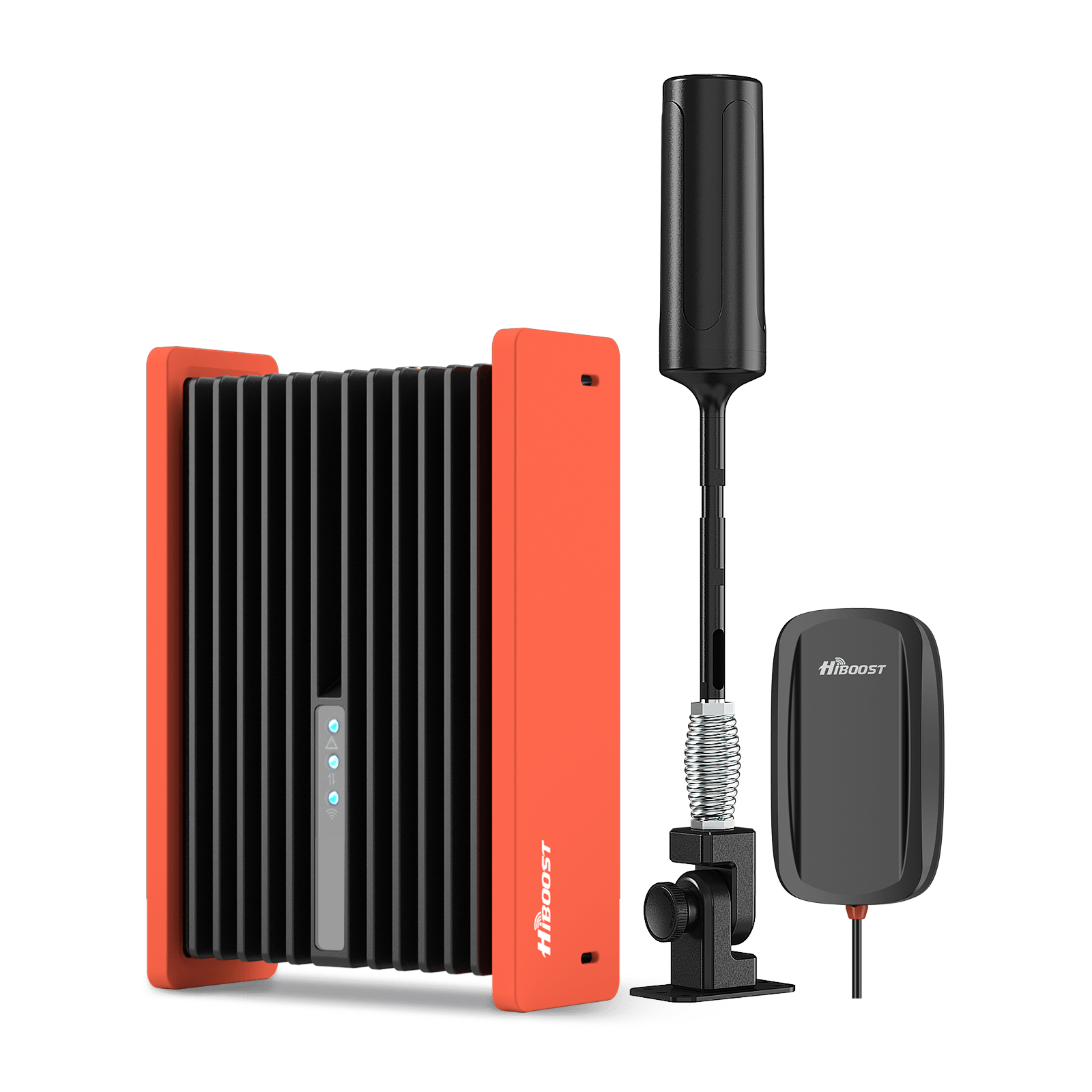
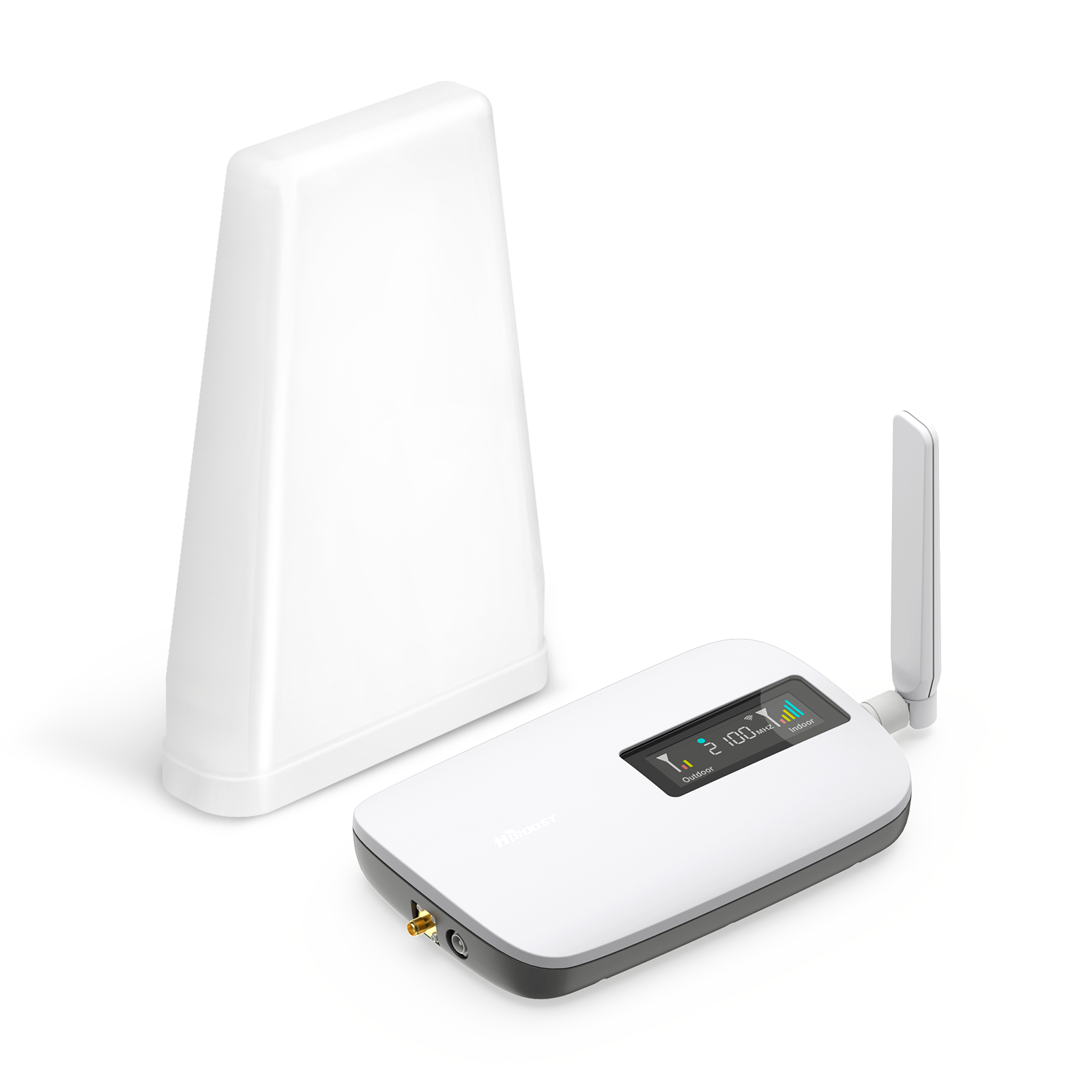
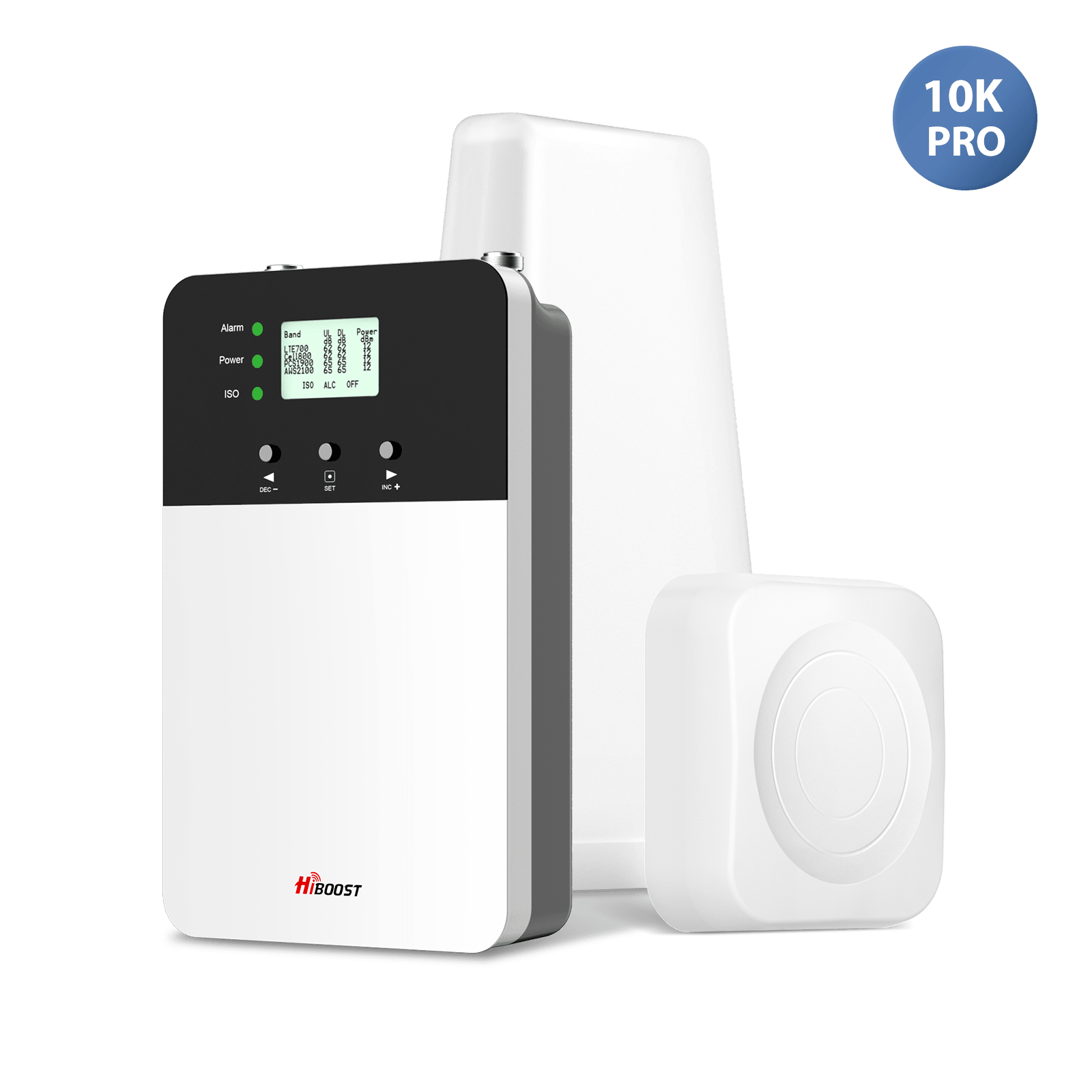
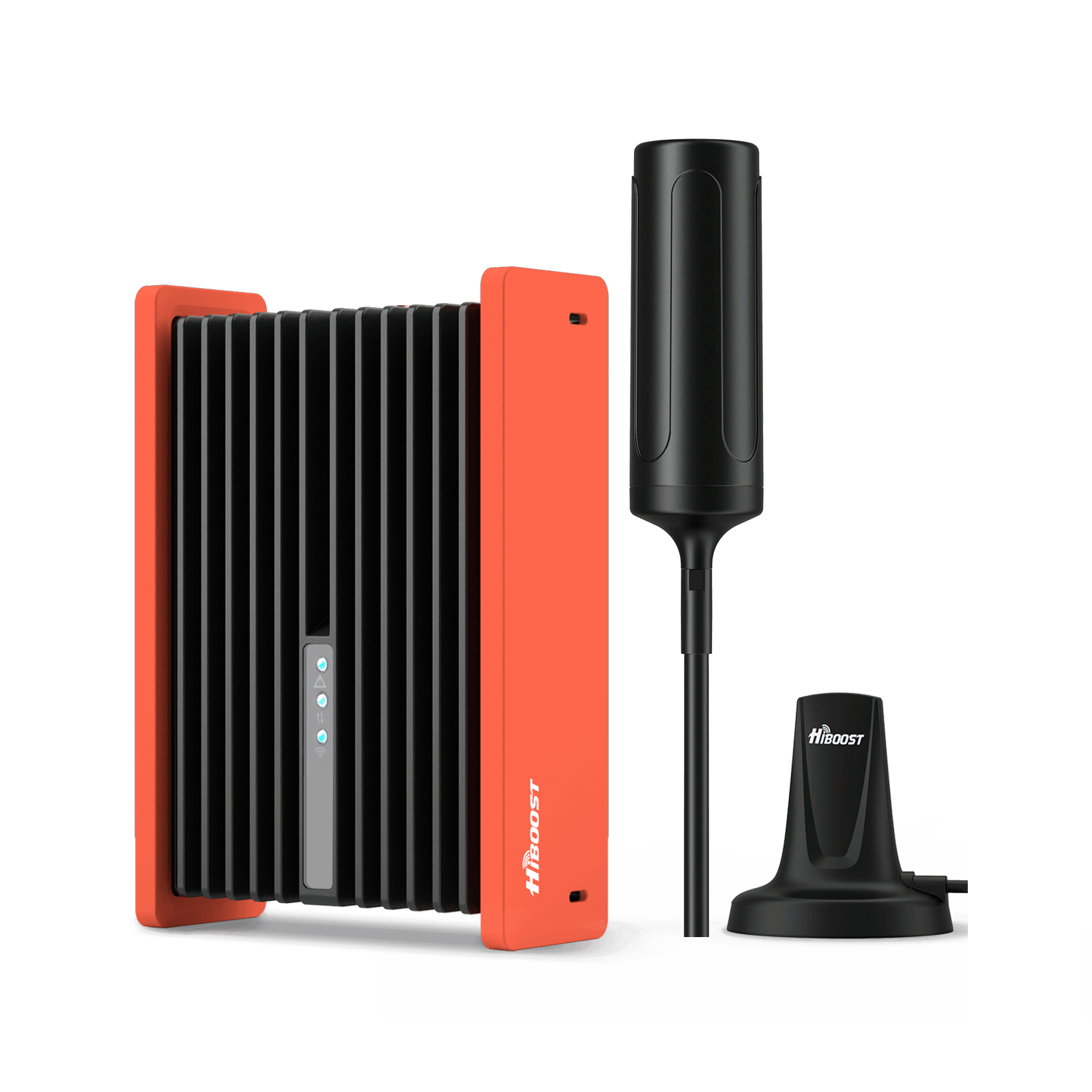
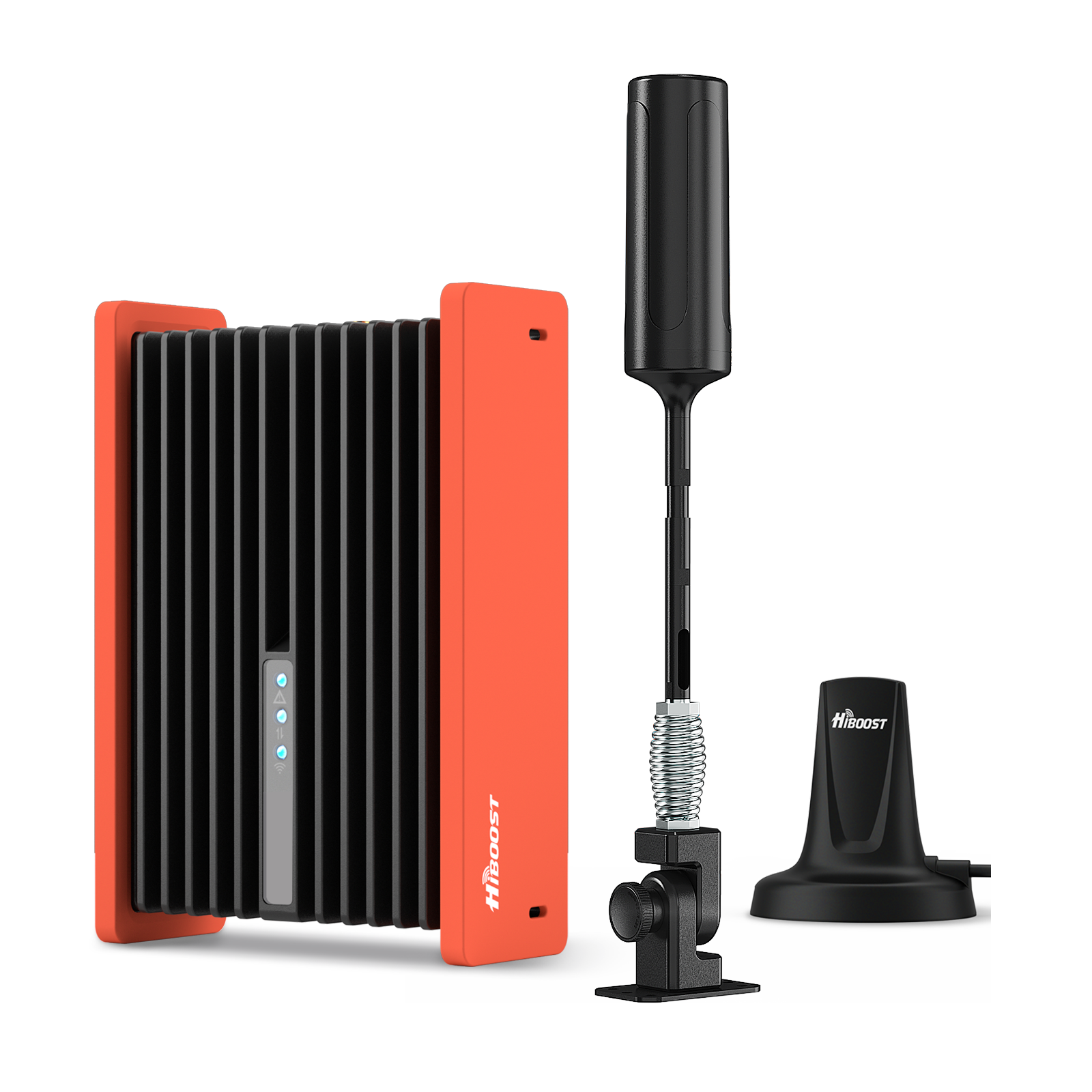
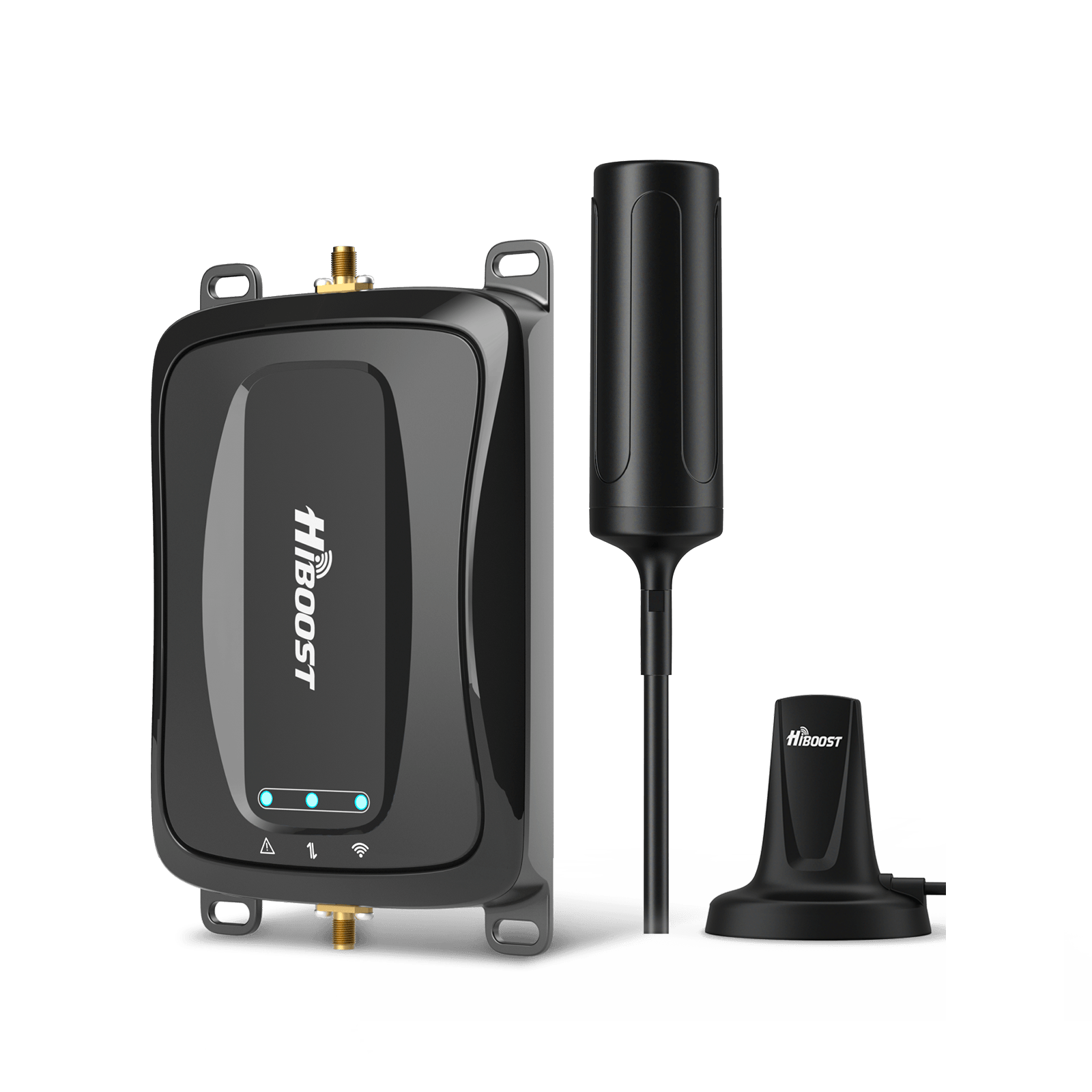
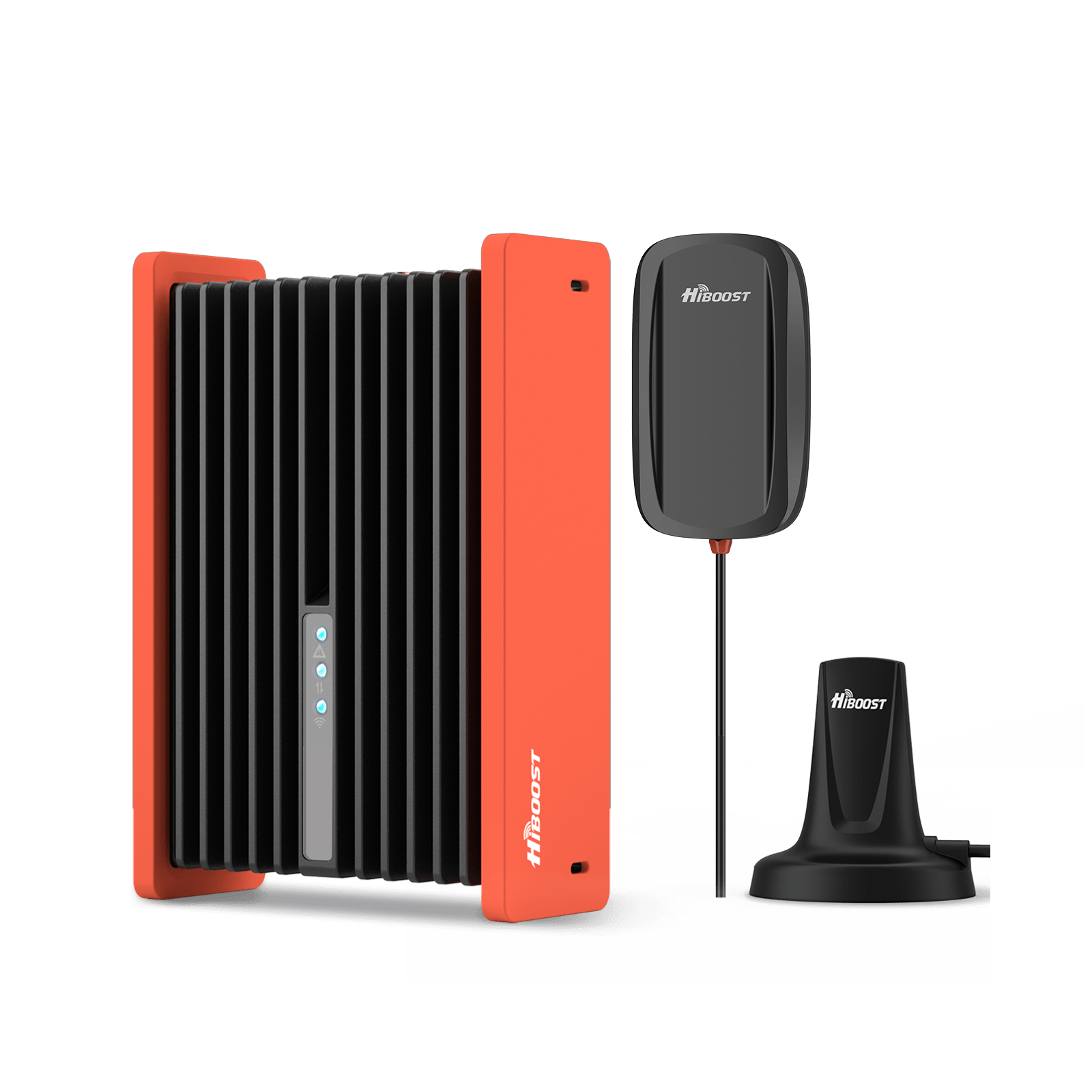
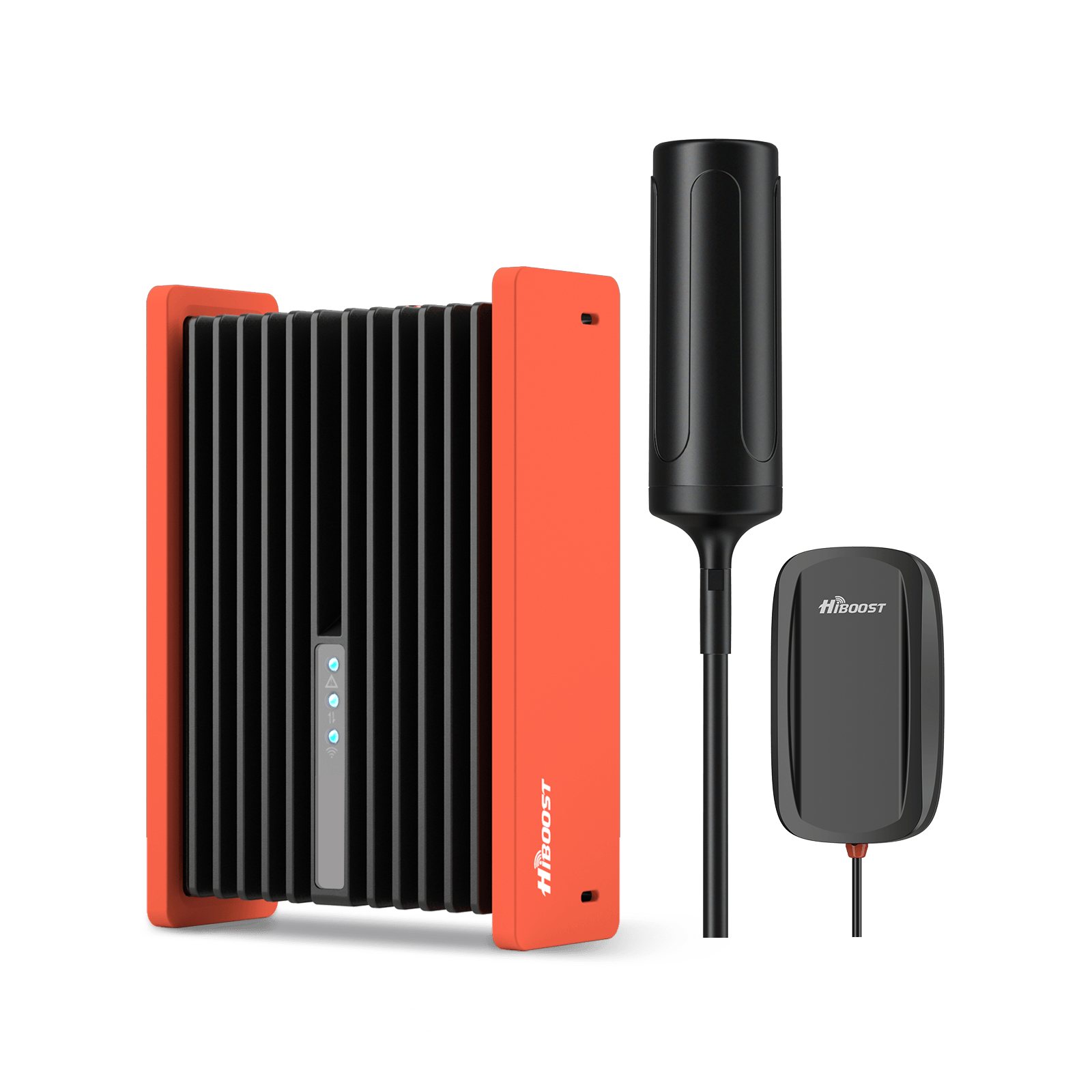
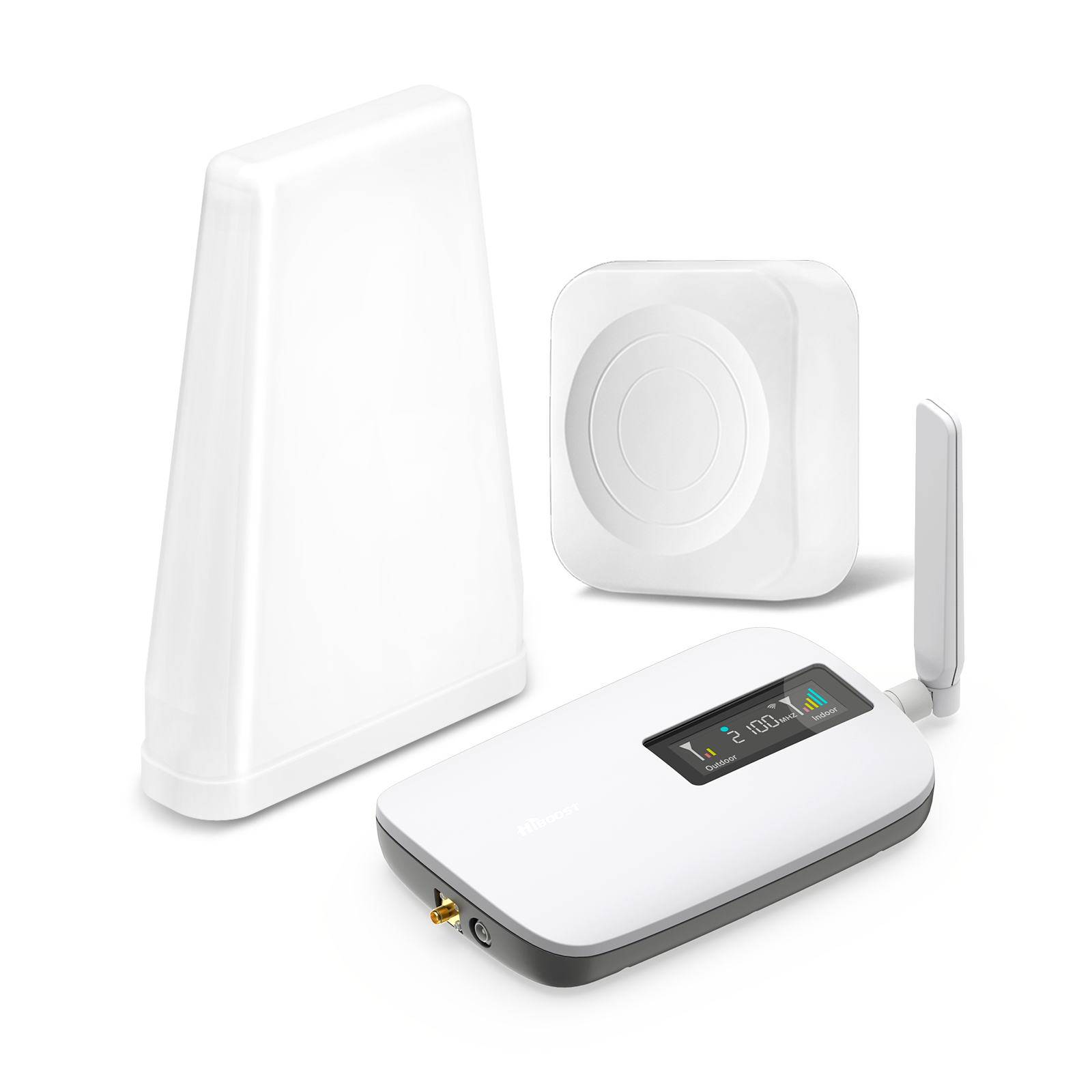
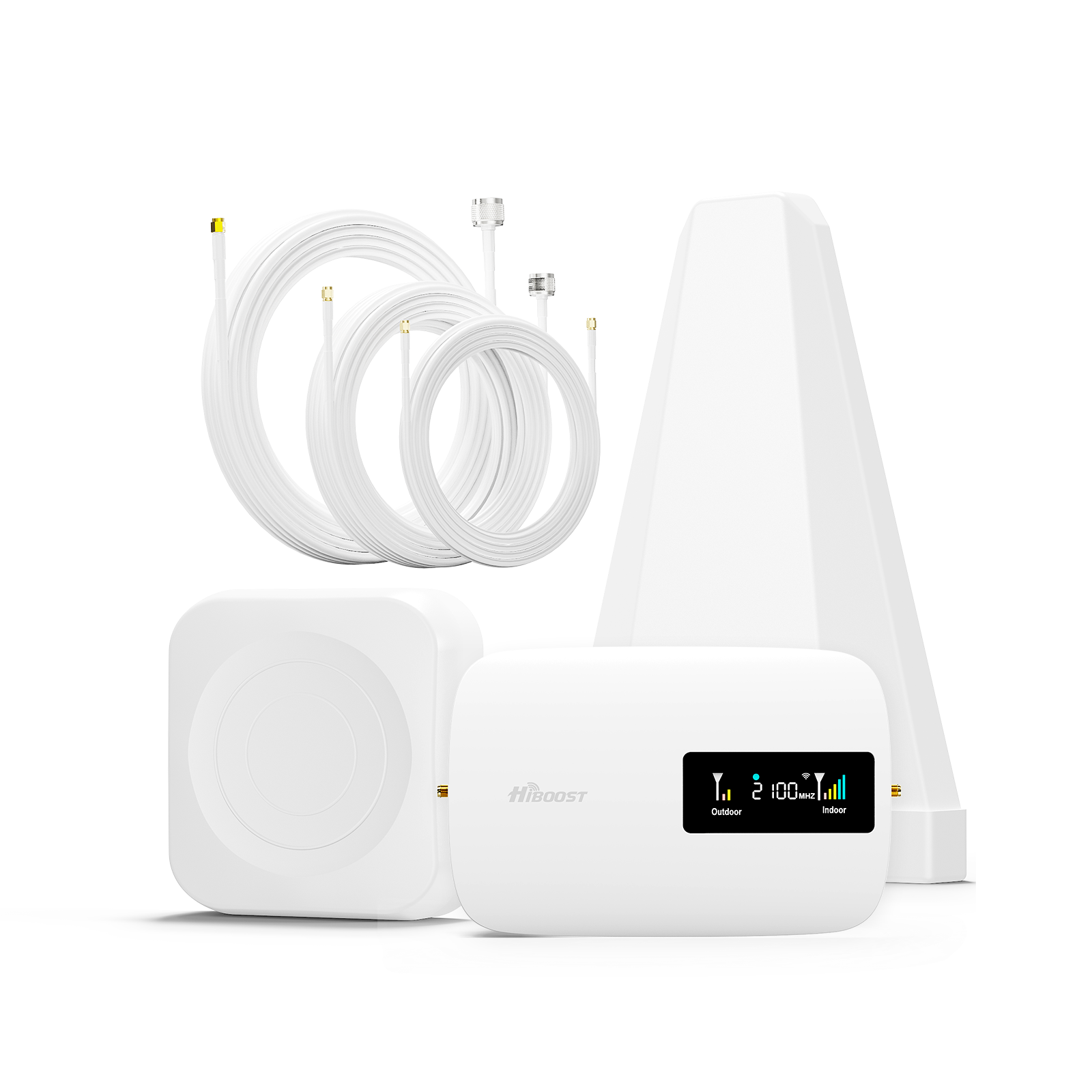
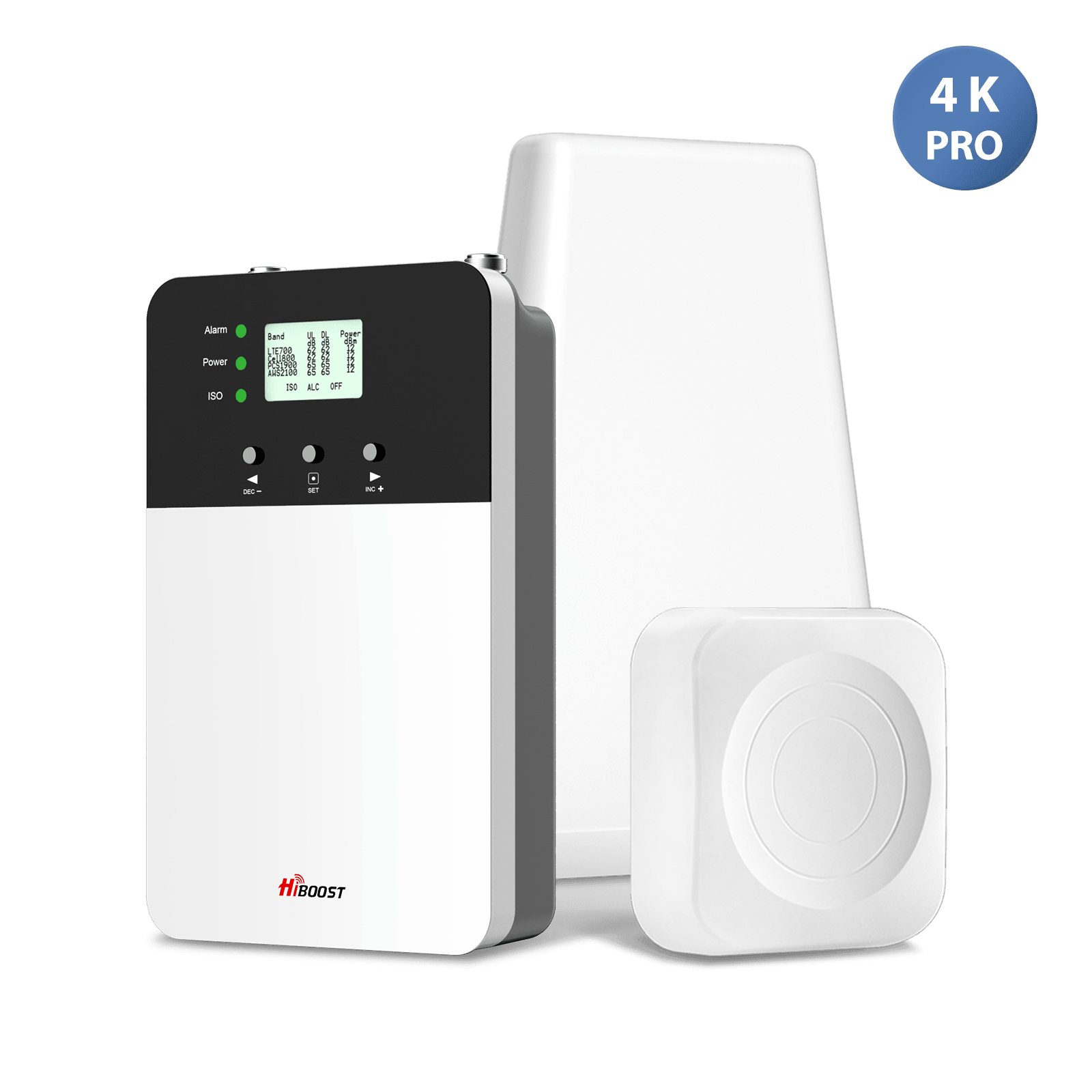
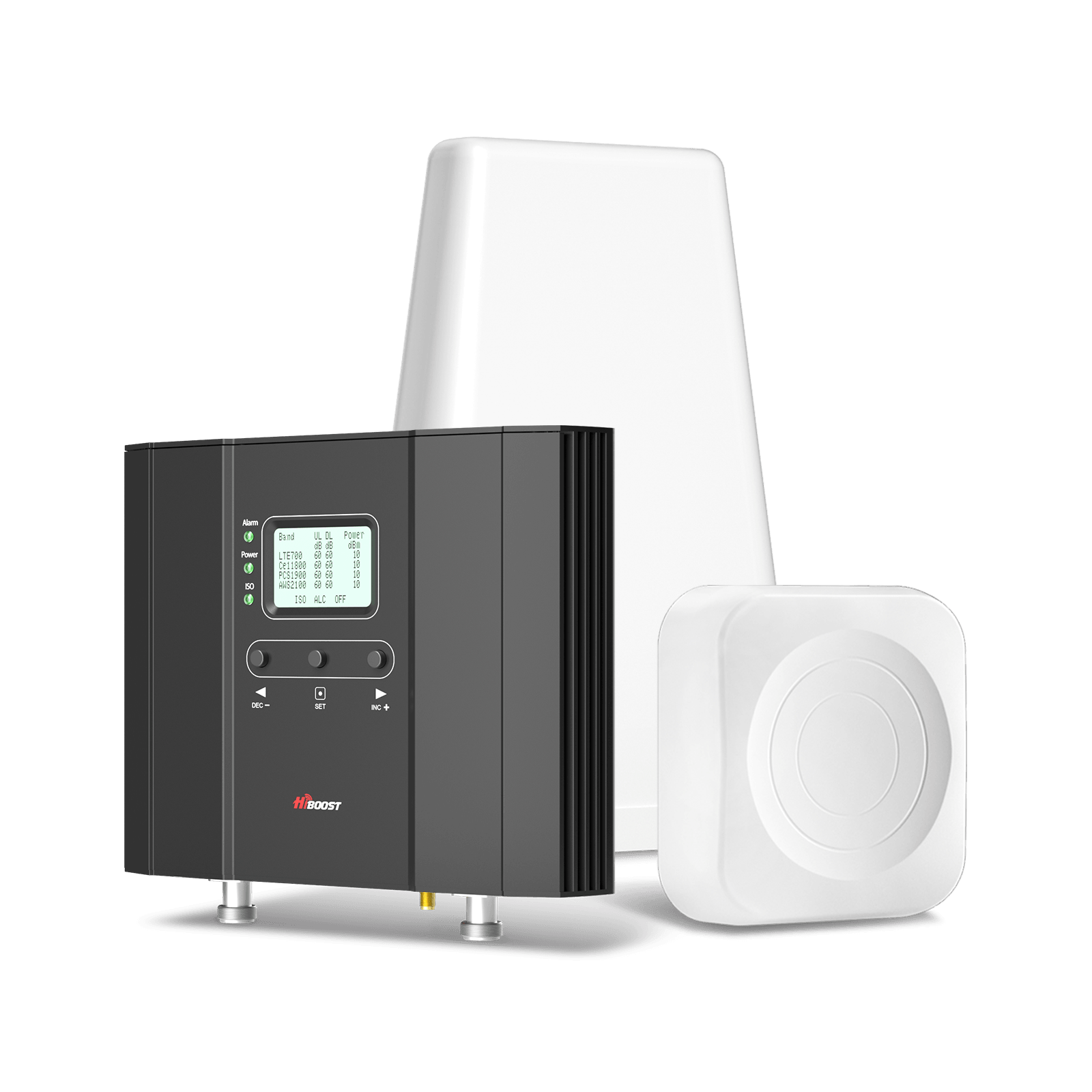
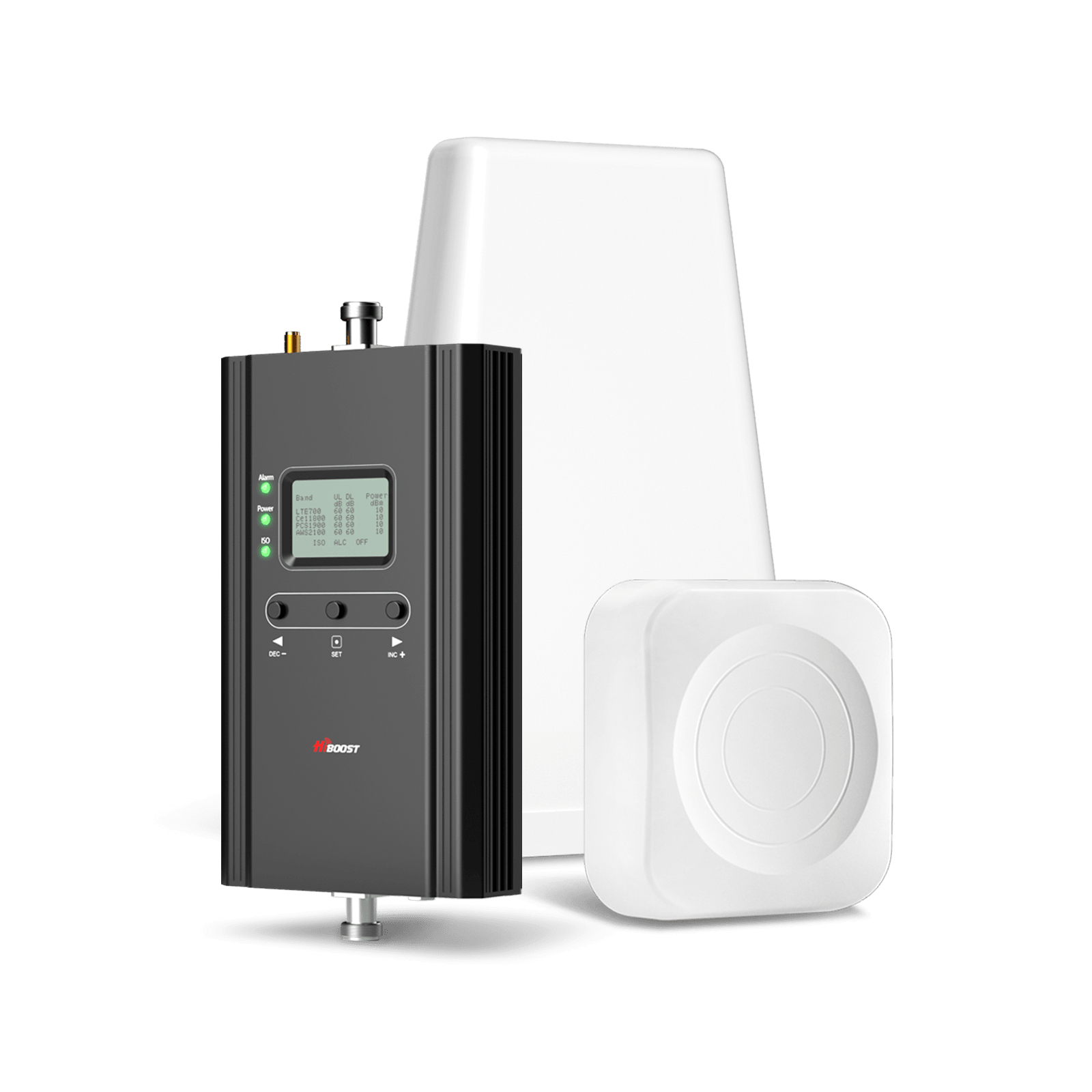
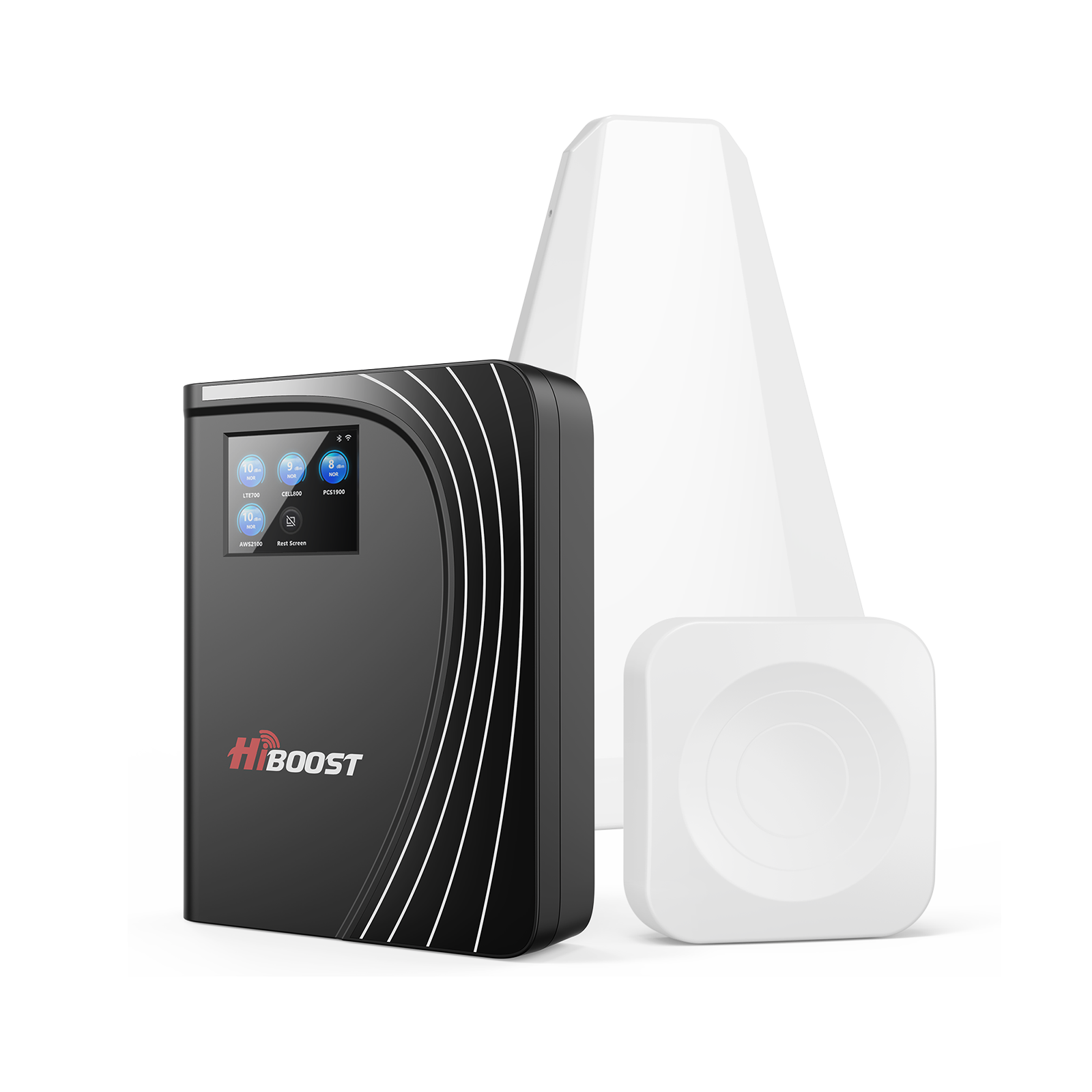
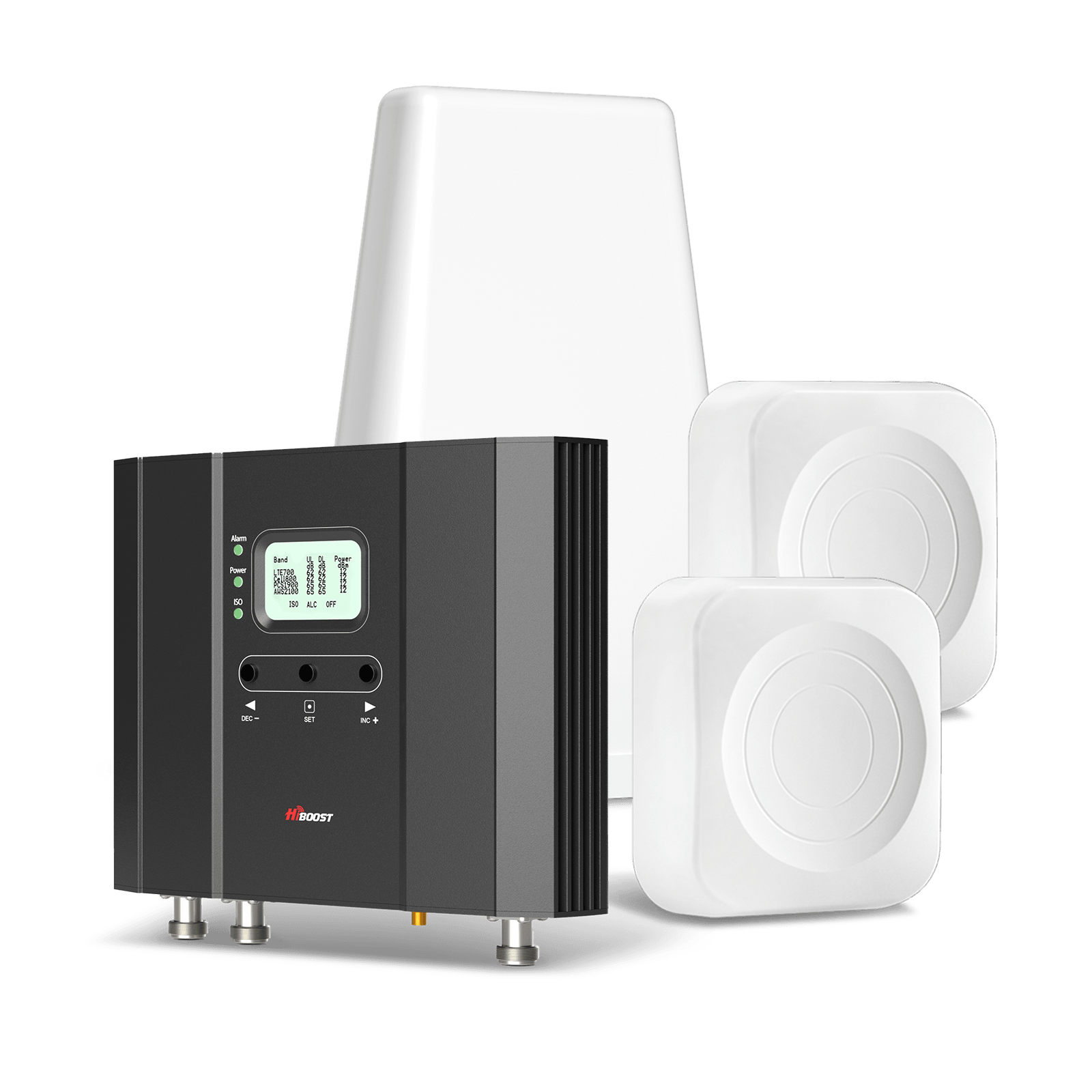
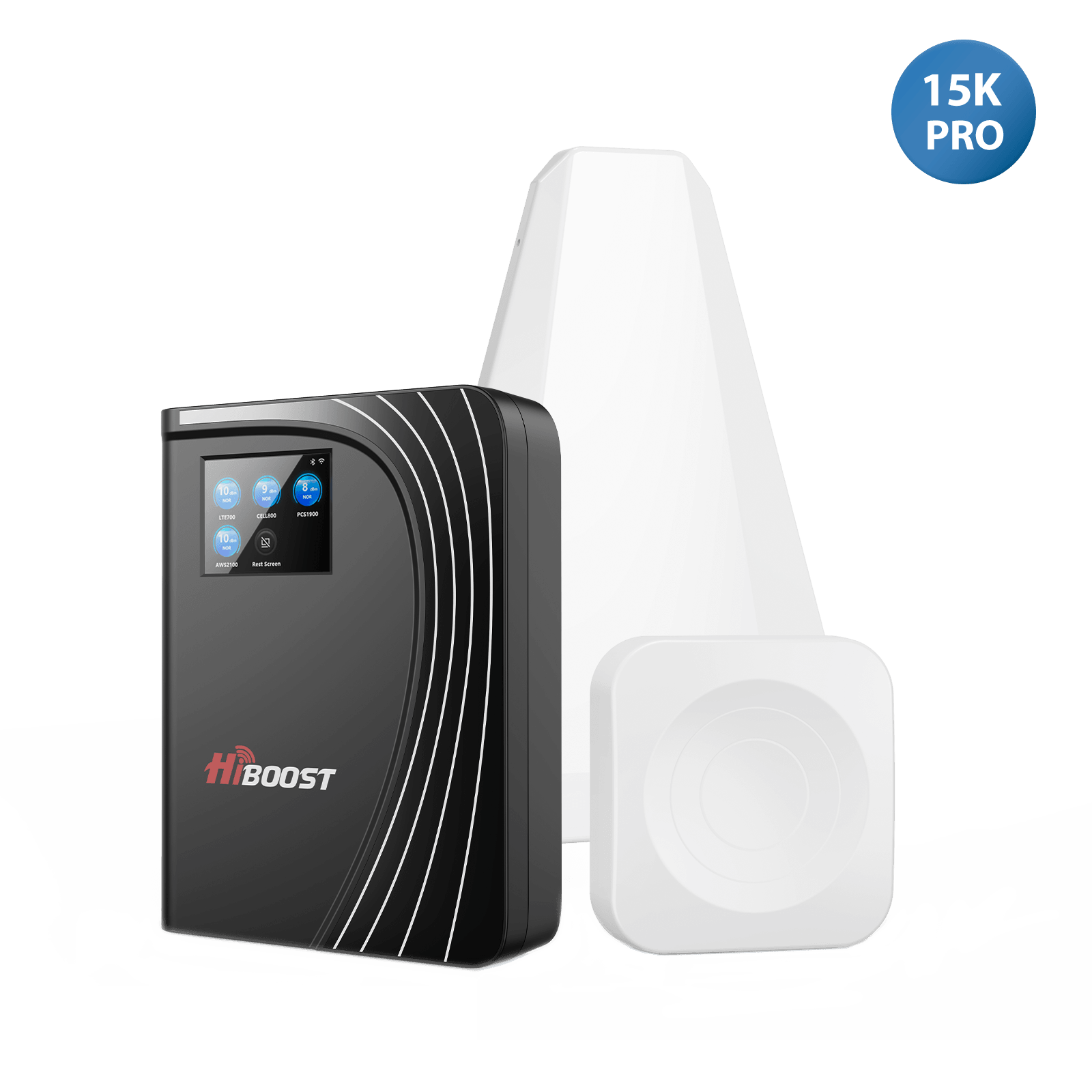
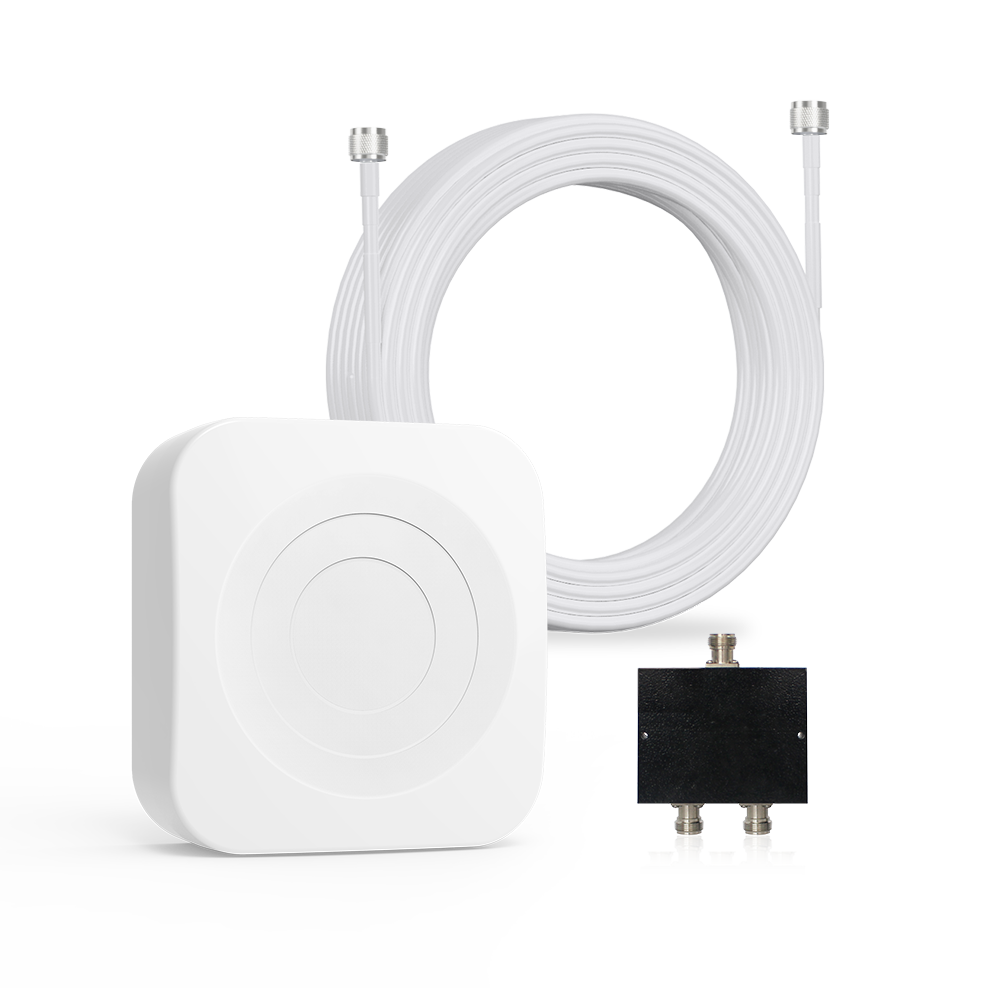
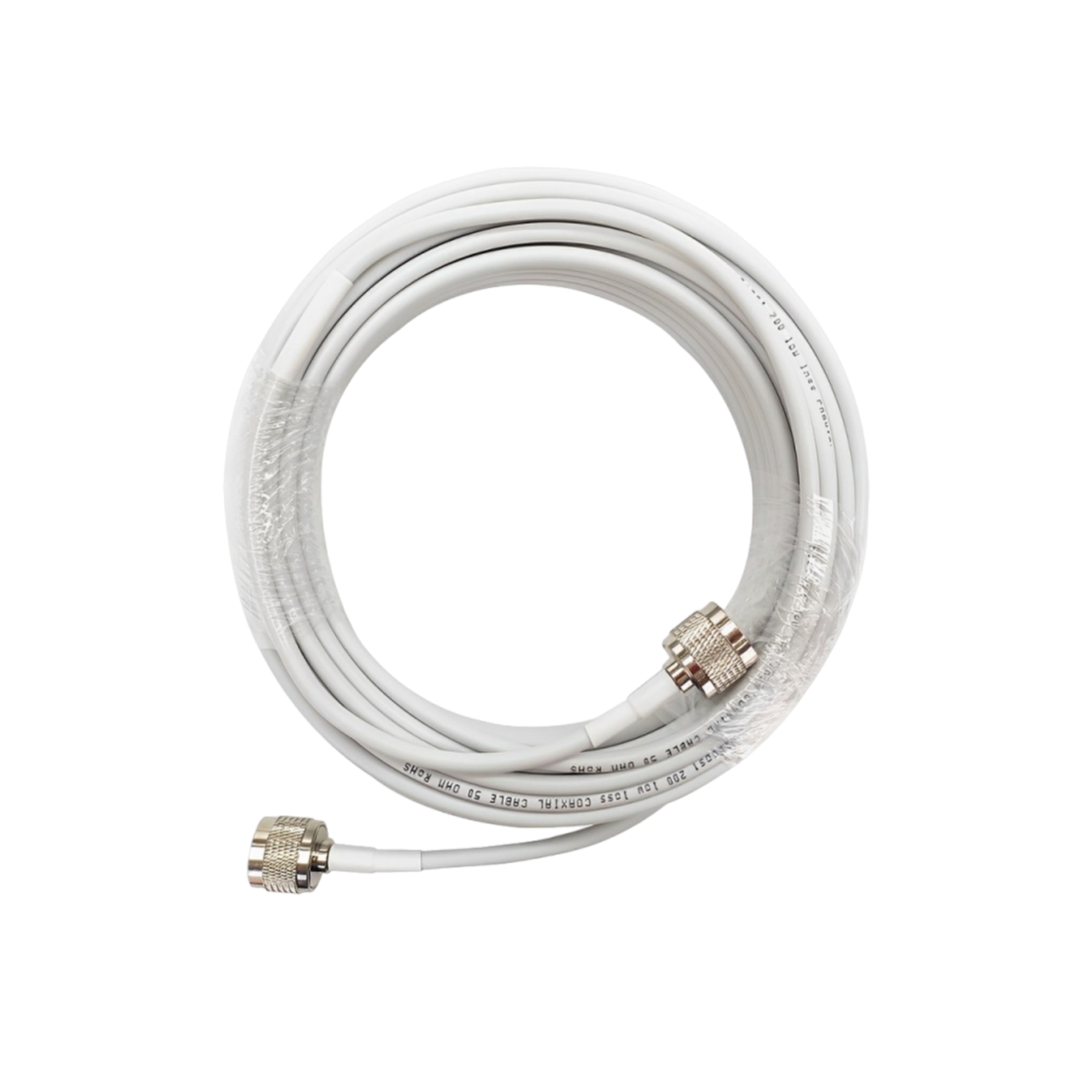
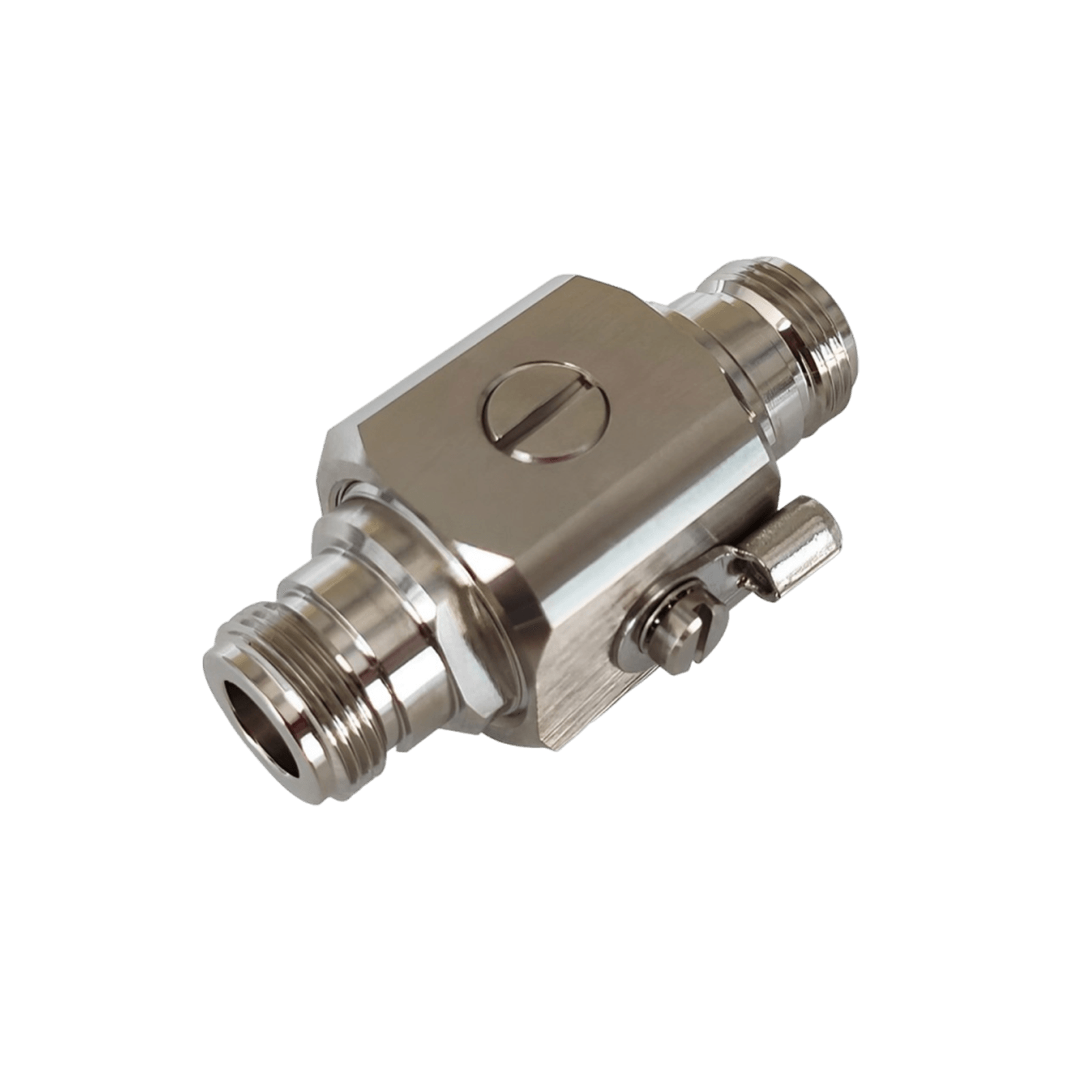
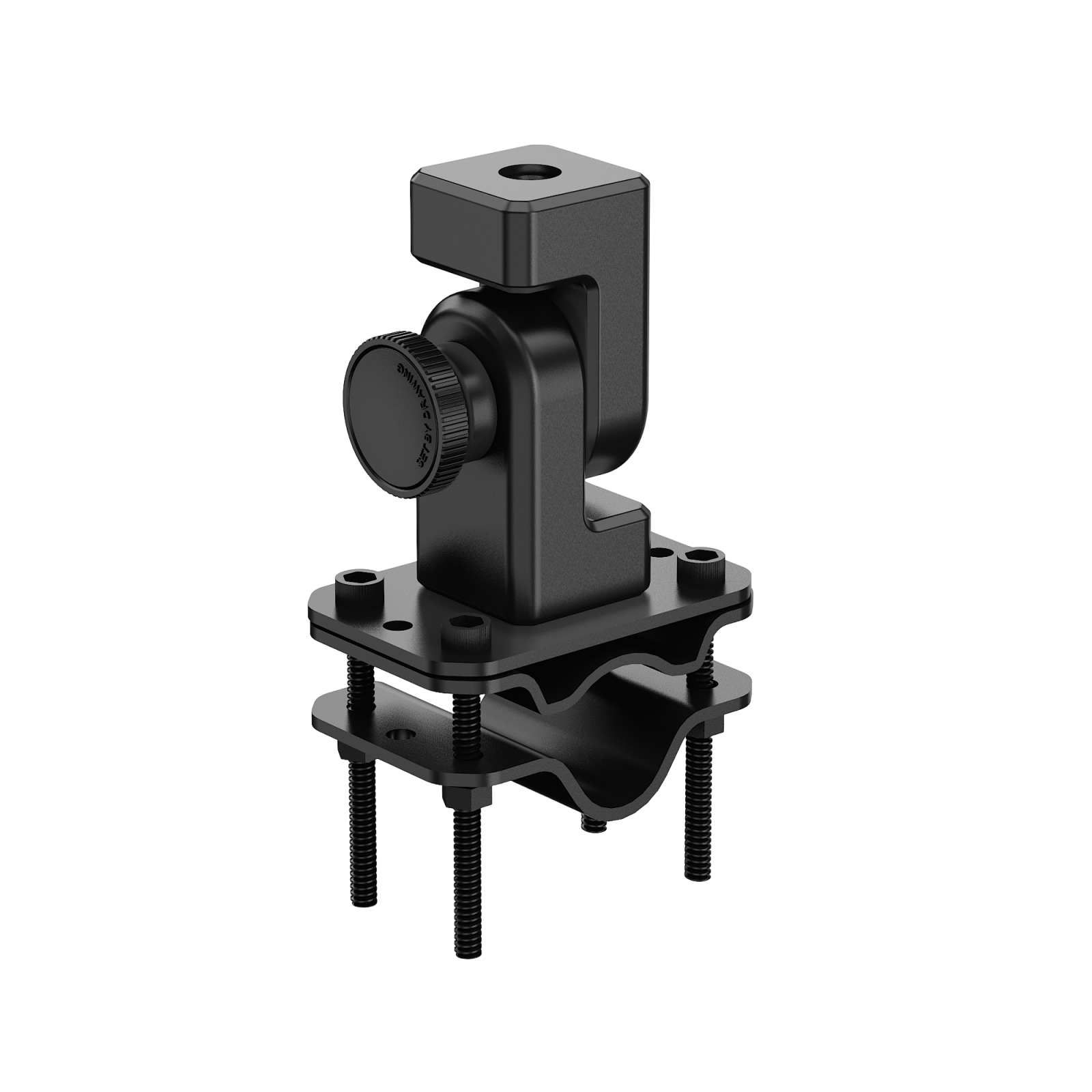
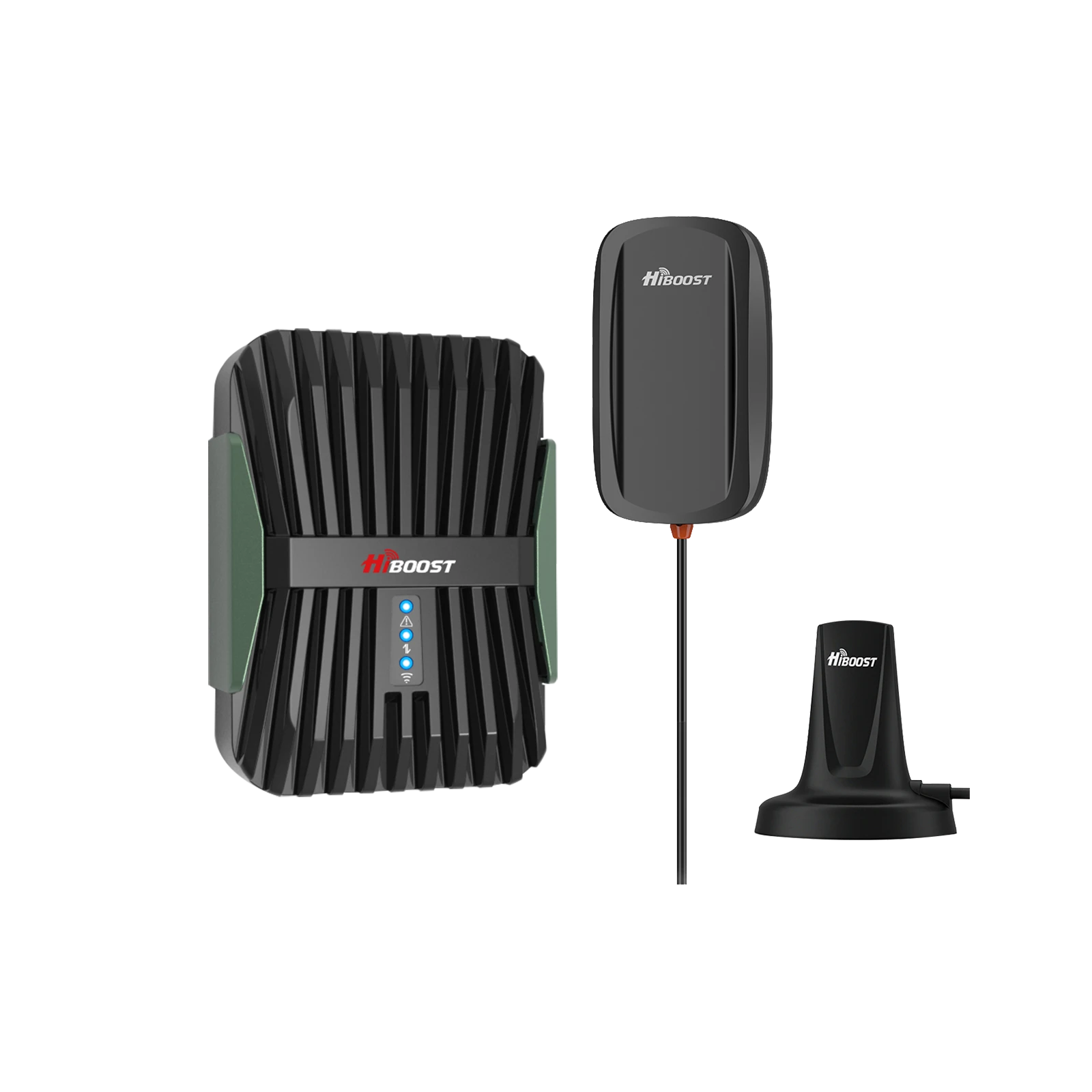
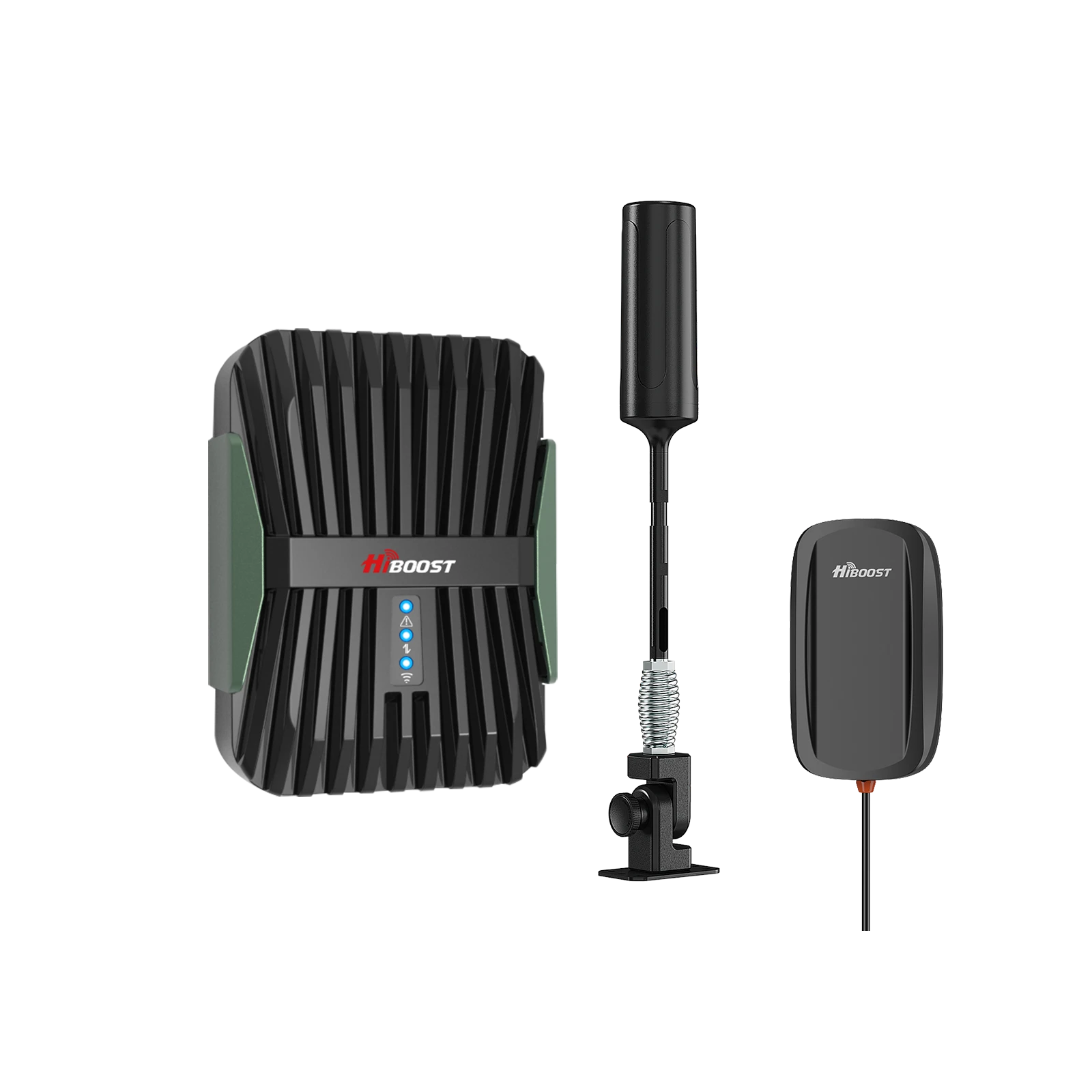
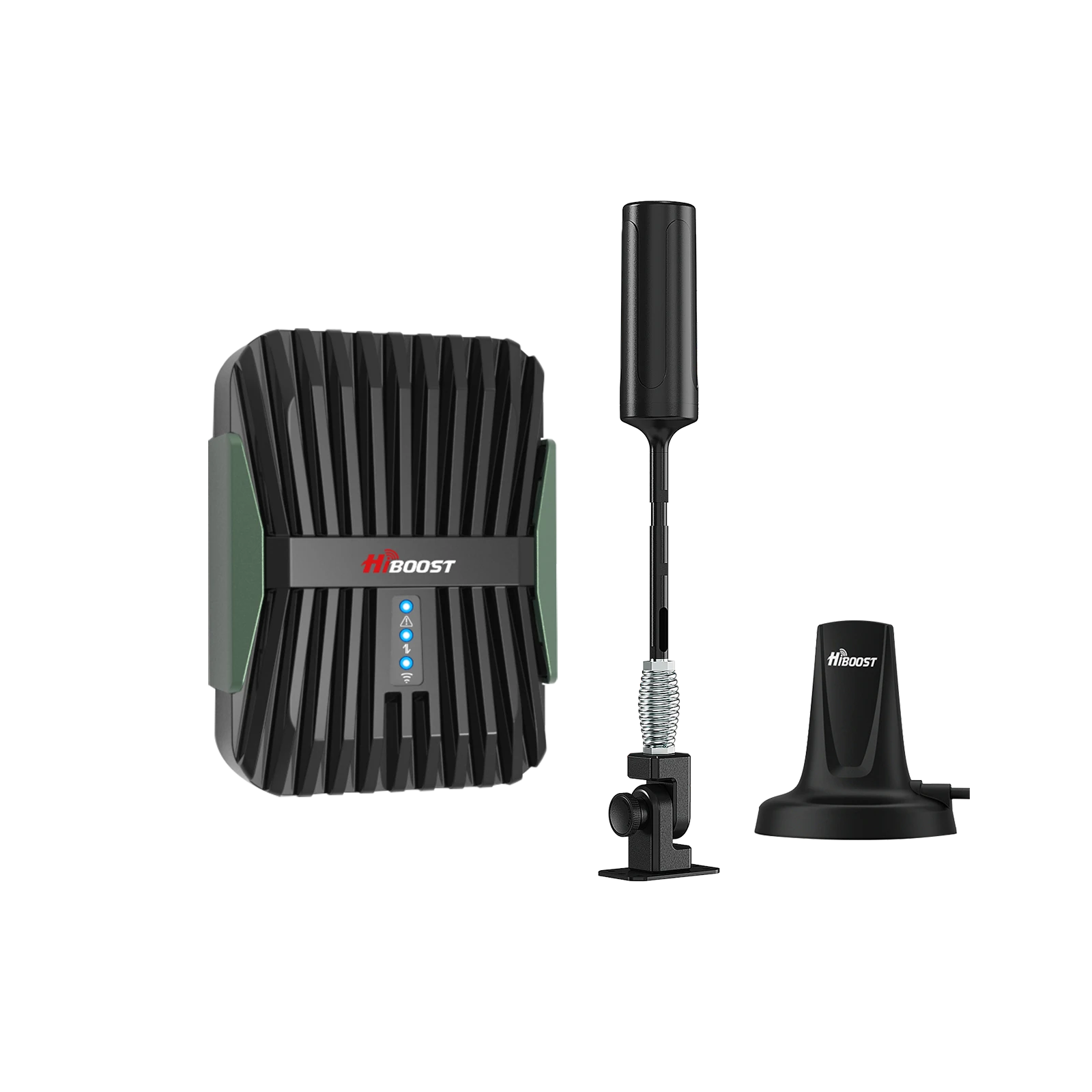
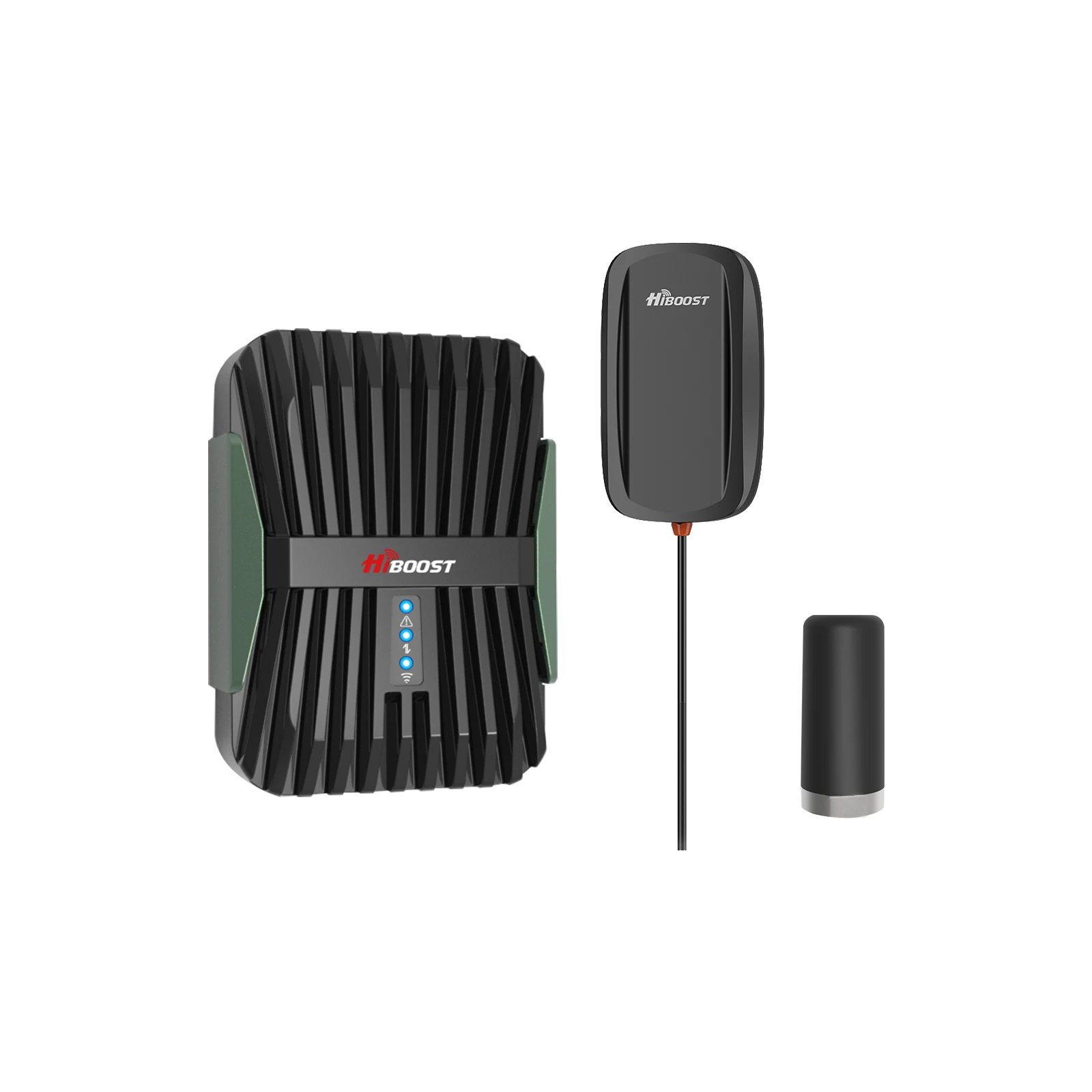
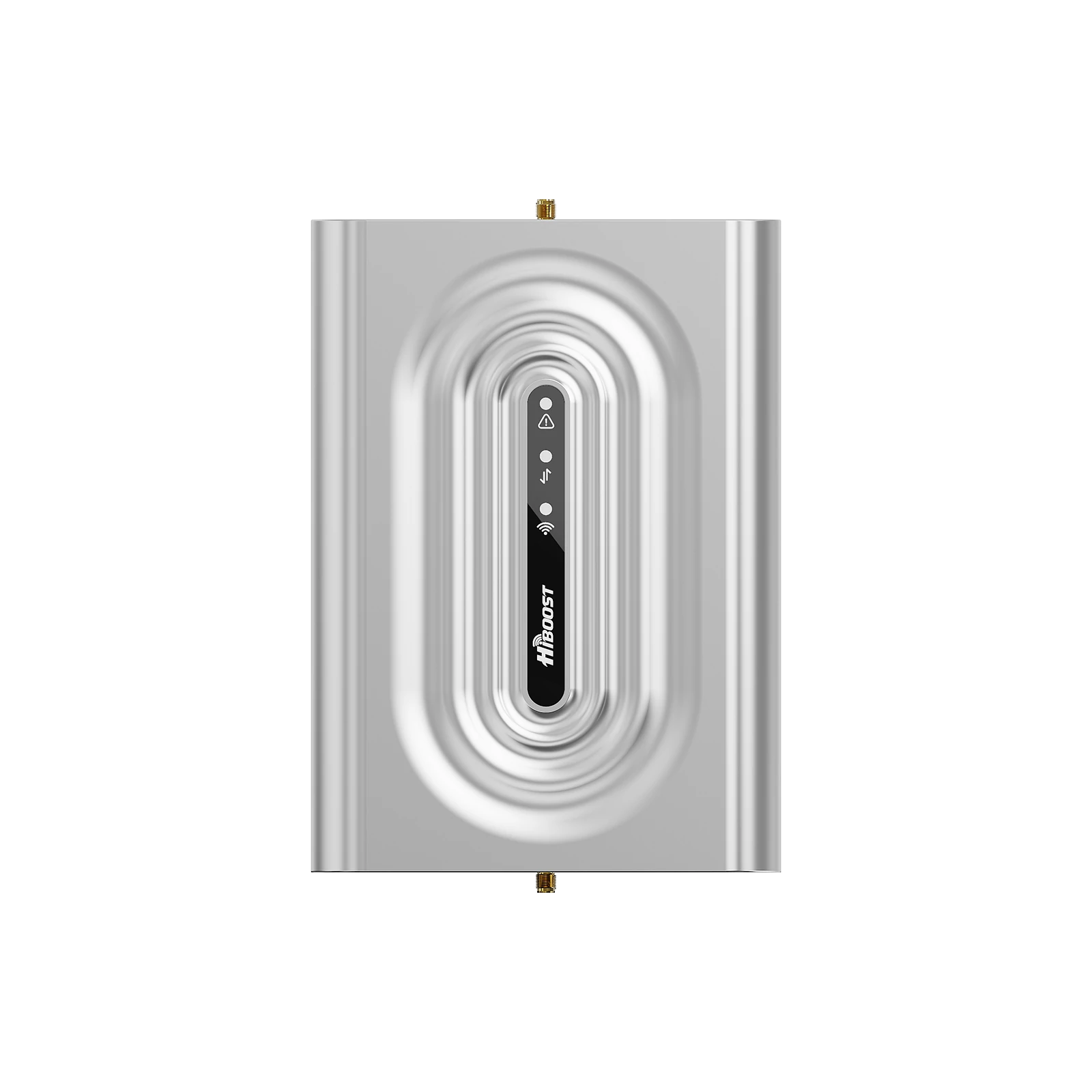
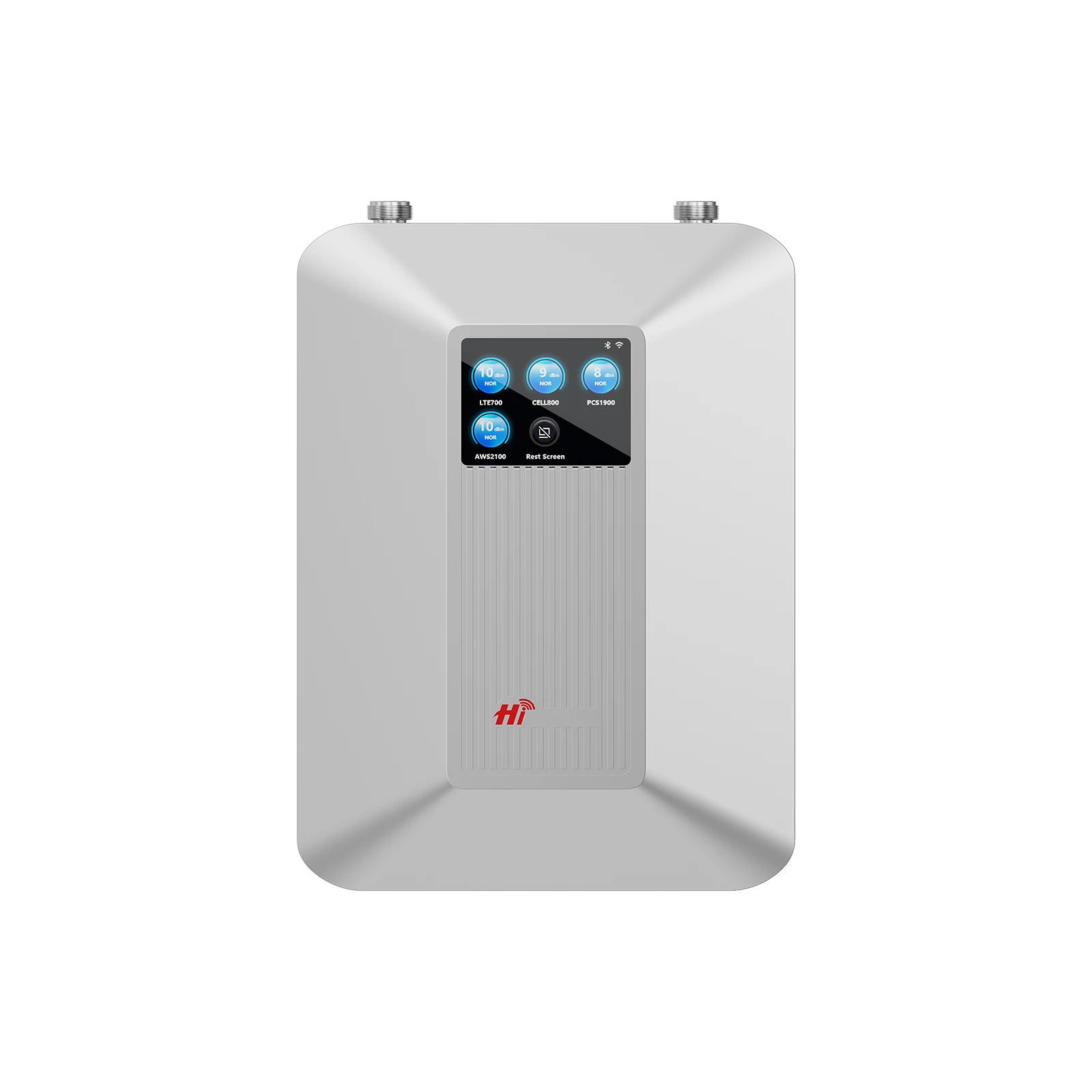
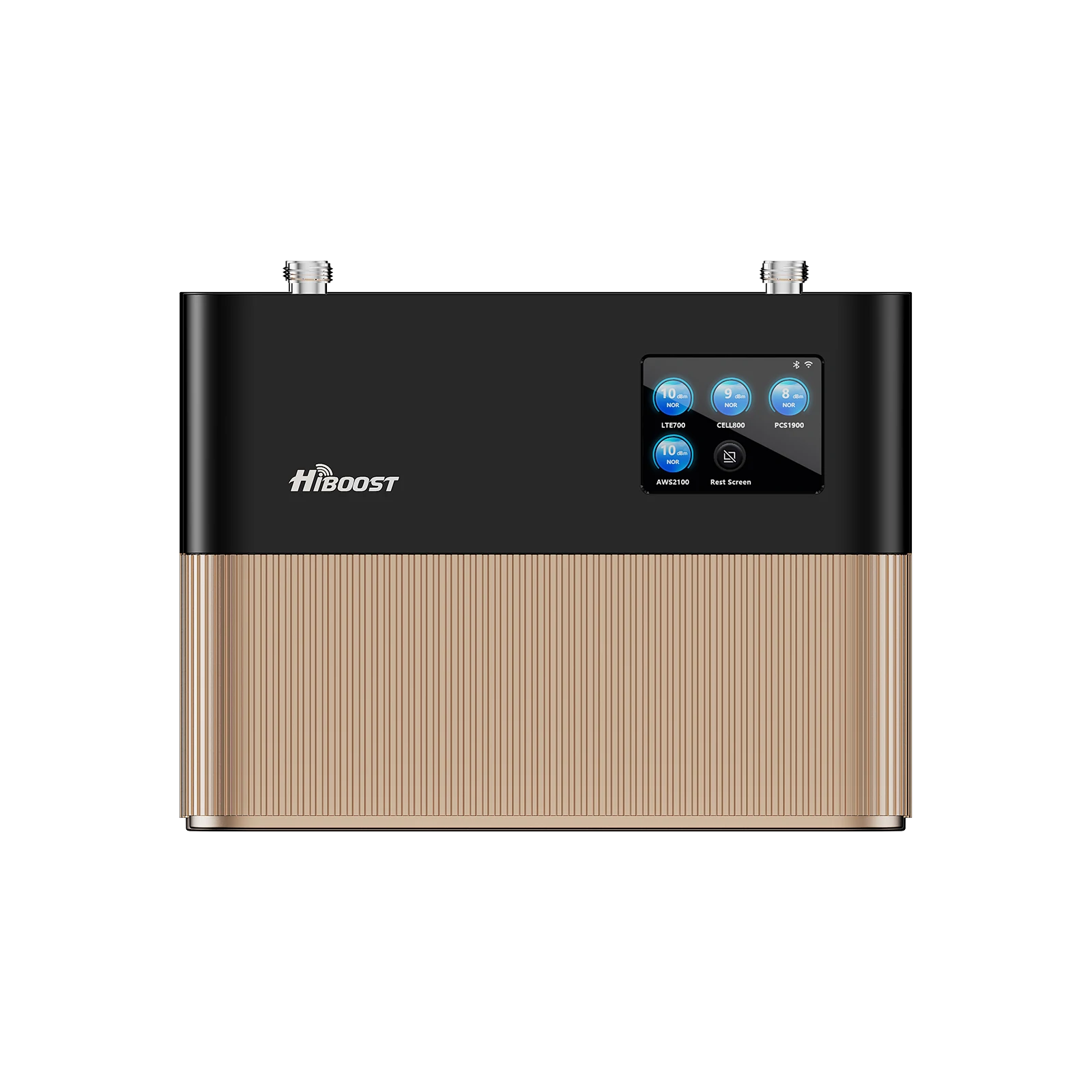
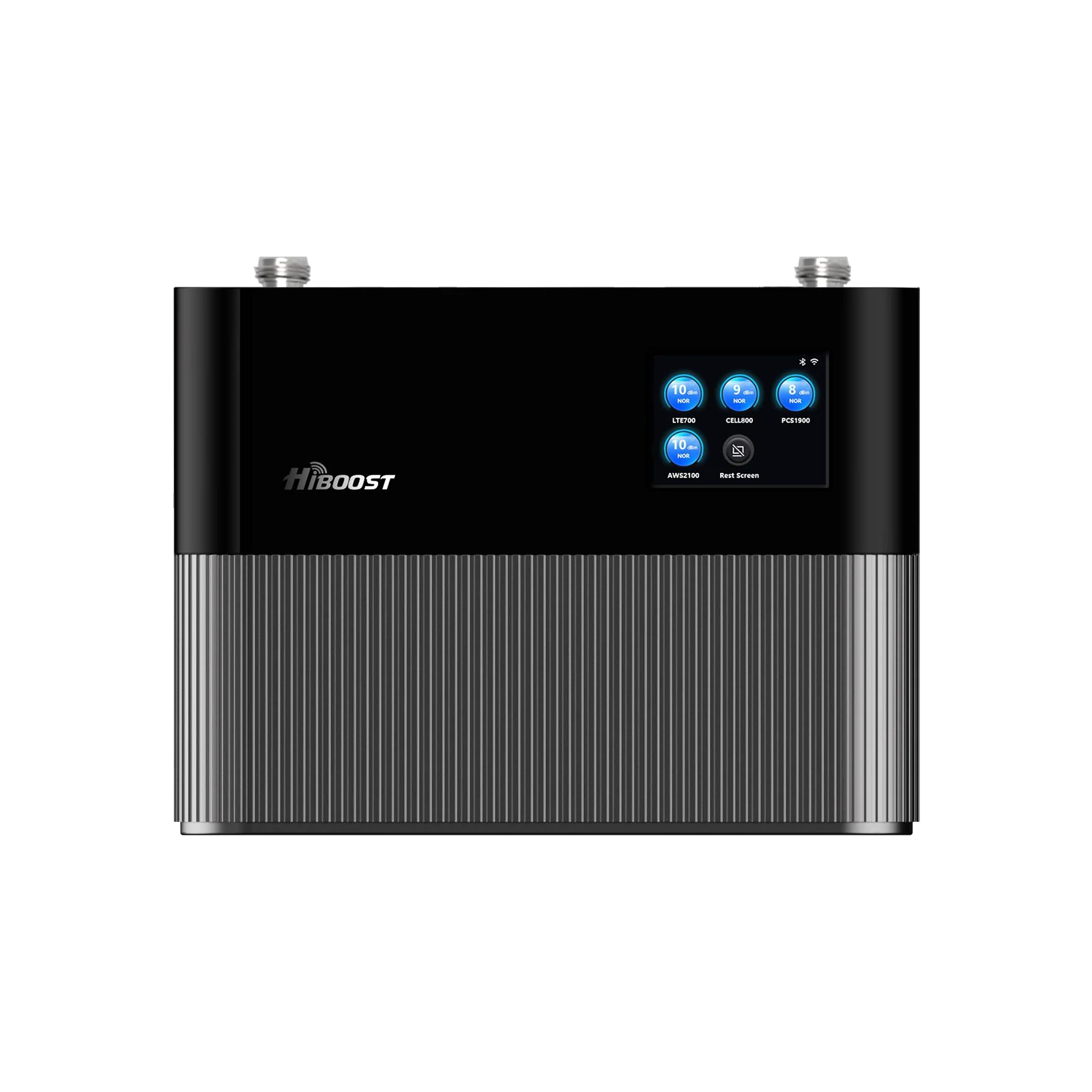
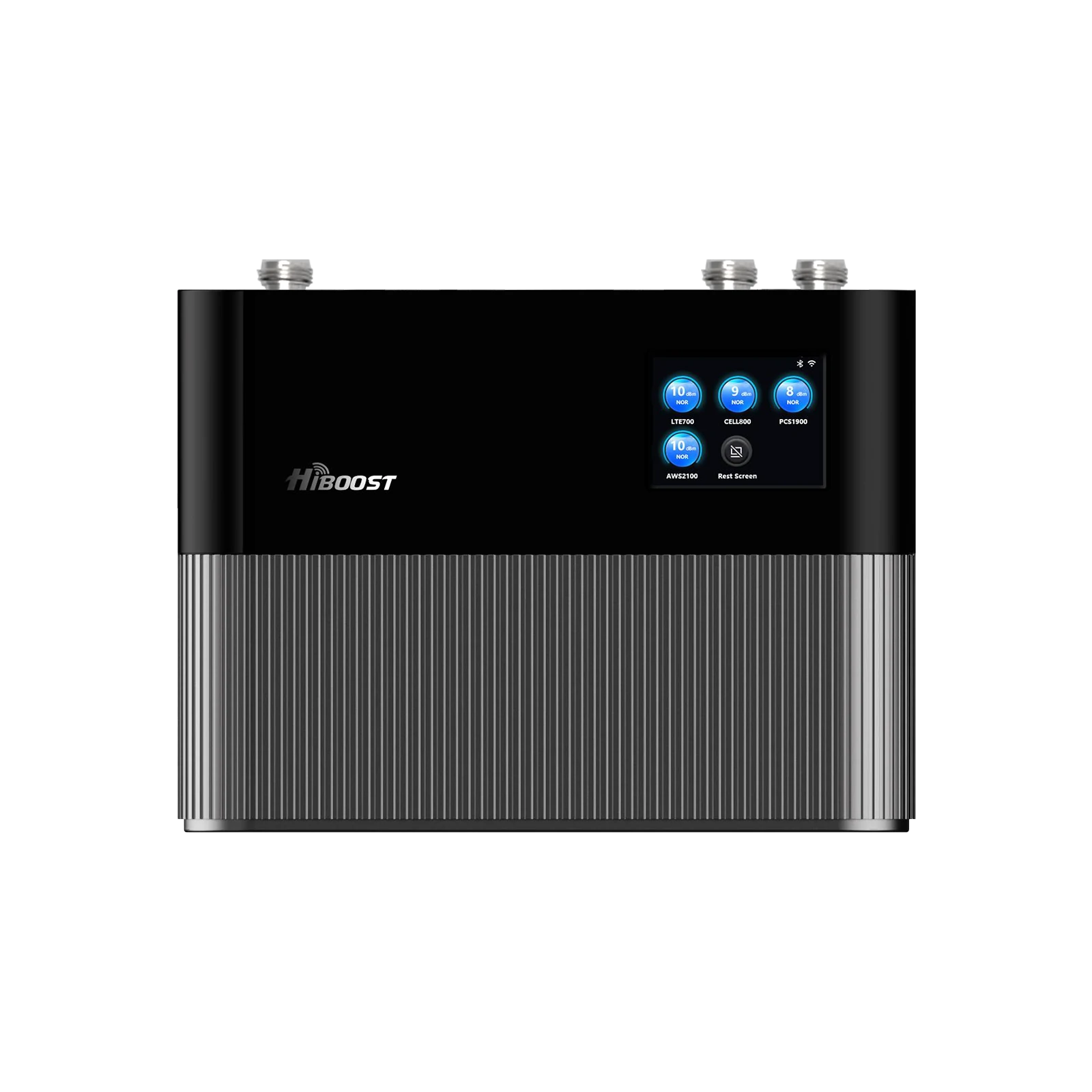
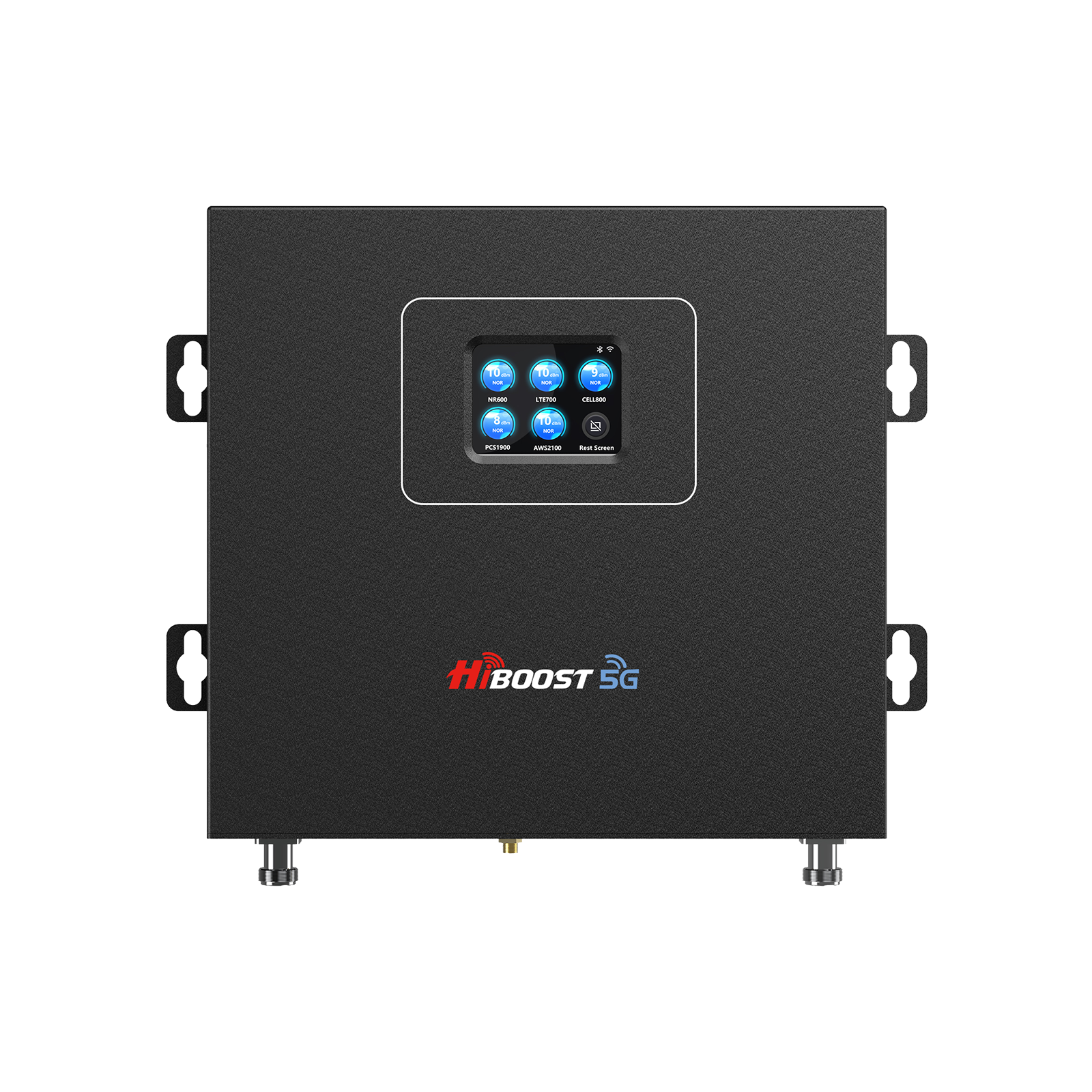
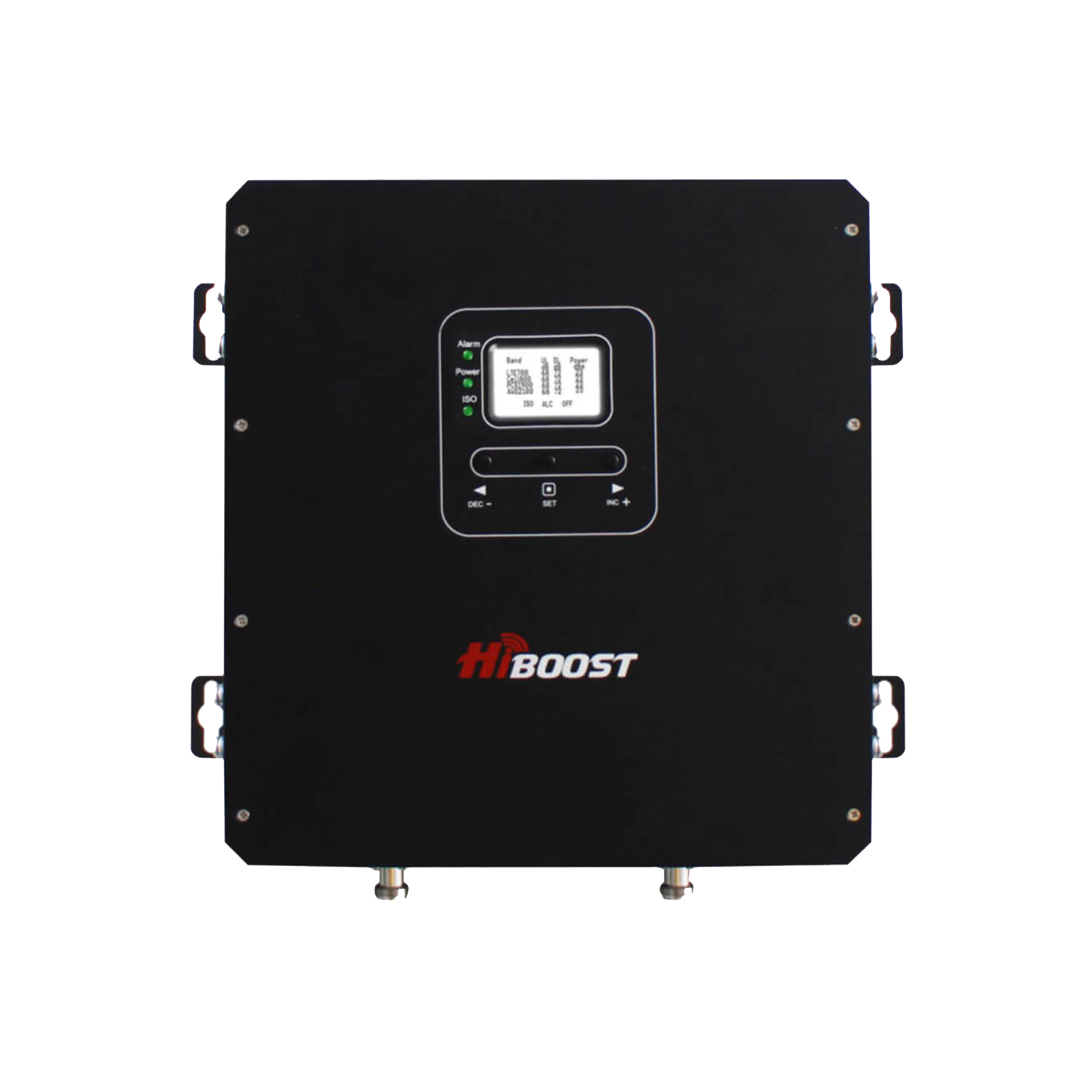
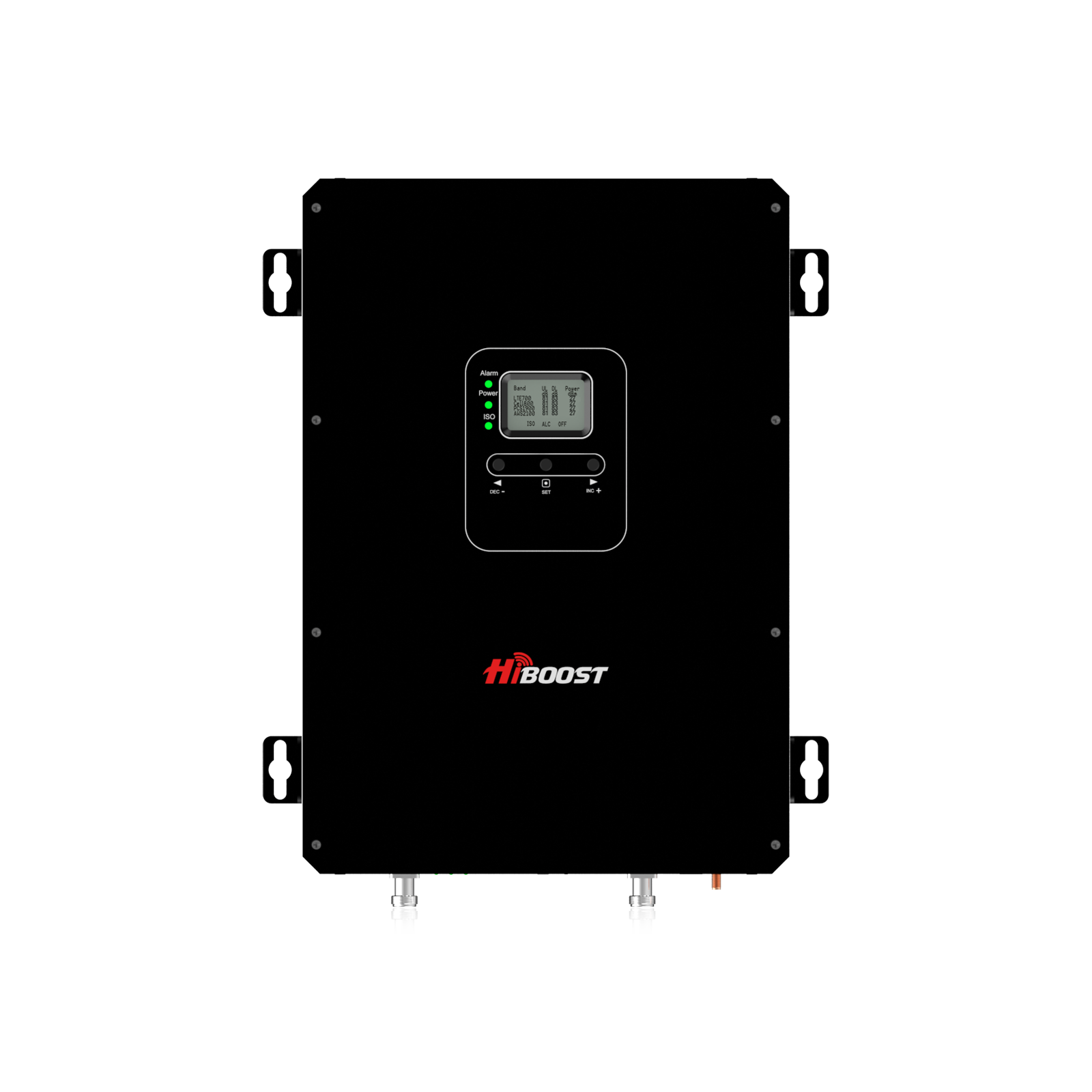
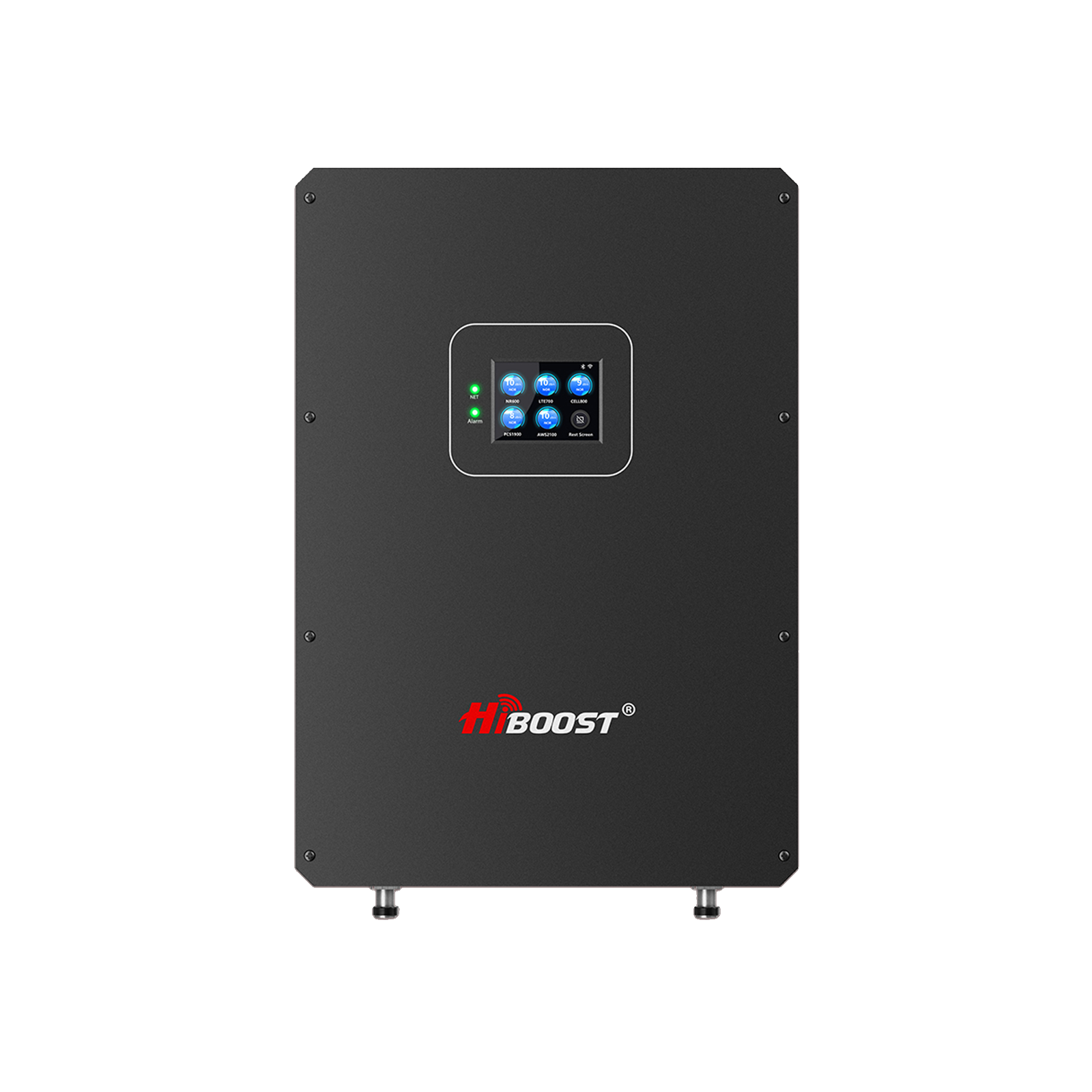
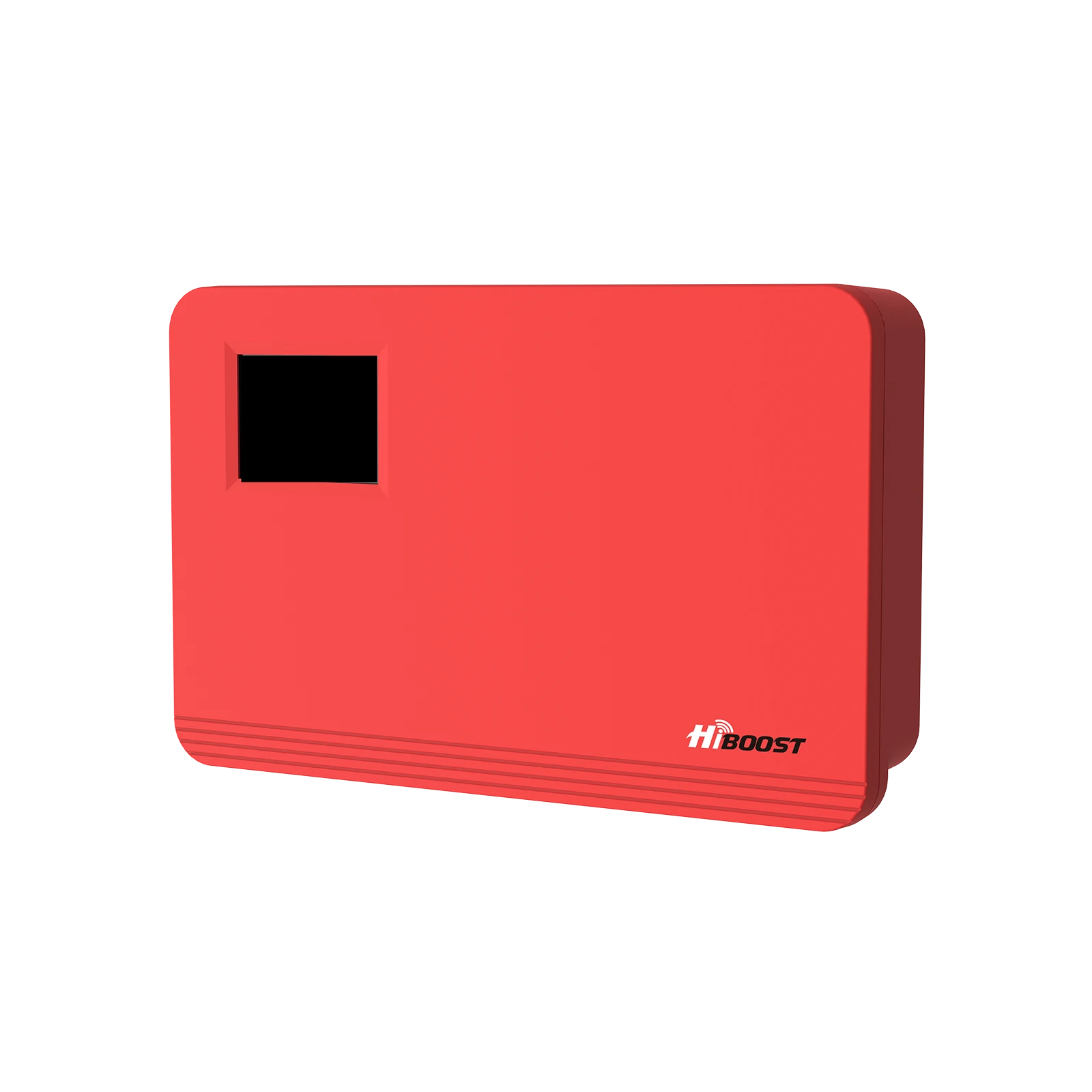
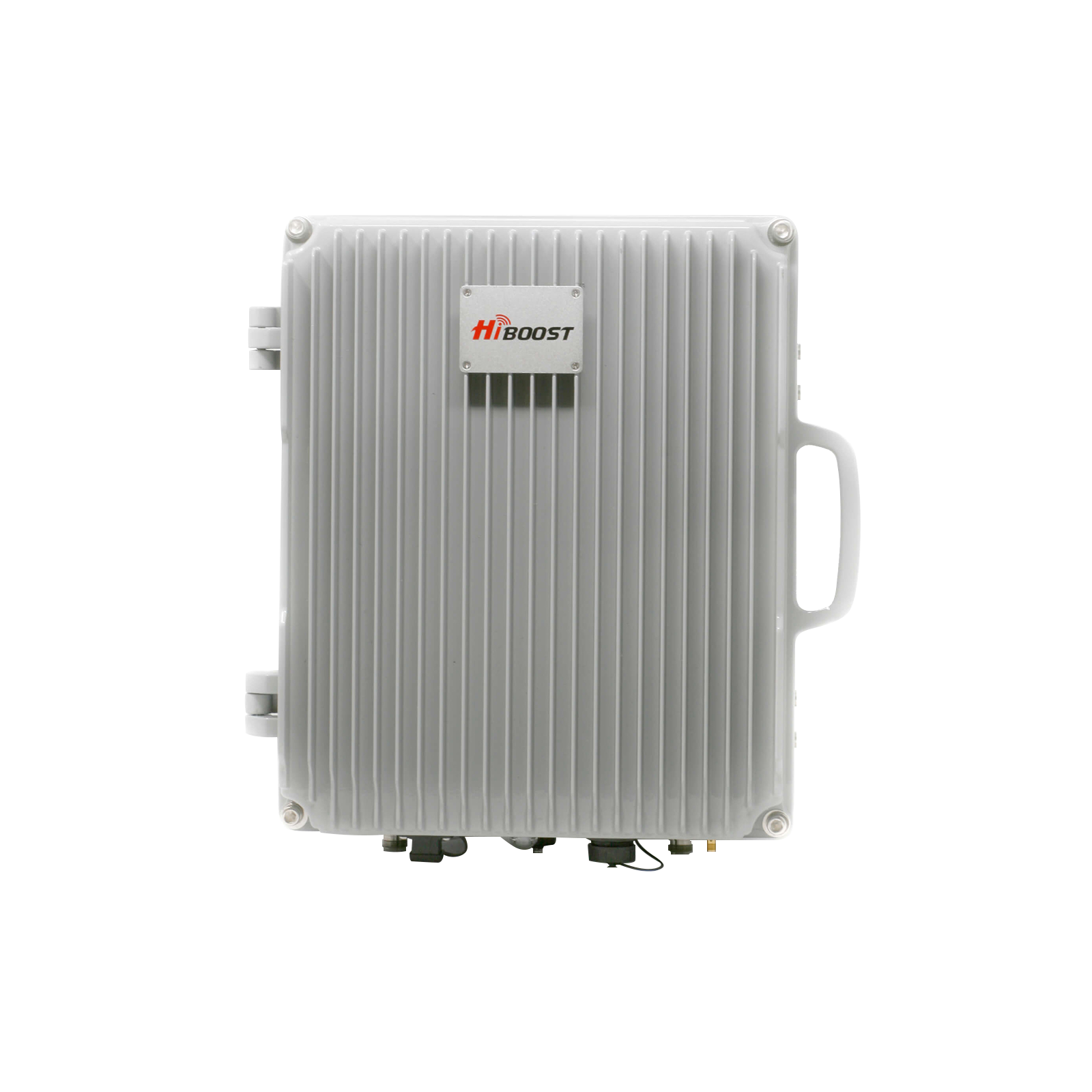



Leave a comment
All comments are moderated before being published.
This site is protected by hCaptcha and the hCaptcha Privacy Policy and Terms of Service apply.